

Traveling to South Sudan as a Tourist
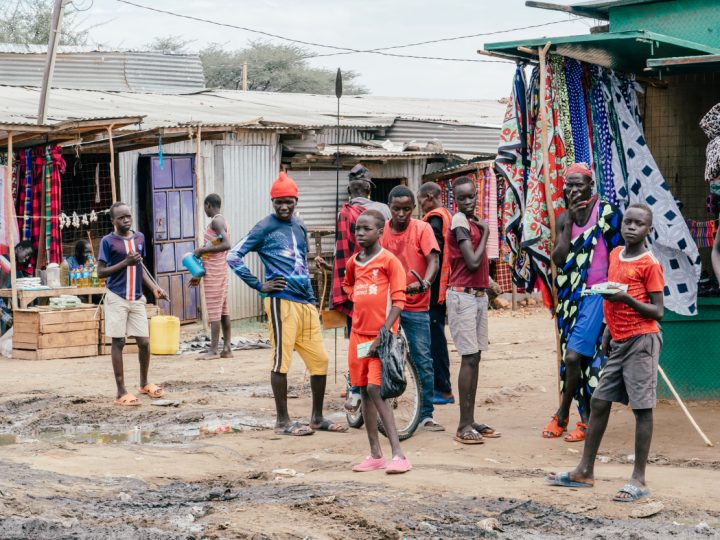
“Why go? Is it worth going?” – these were the most common questions about South Sudan. Many assume that if a destination is difficult it might not be worth visiting. While my trip wasn’t easy I found South Sudan incredibly interesting and allowed me to get to know the amazing people, even if often we didn’t share any common language.
South Sudan is one of the top 10 least visited countries in the world. It’s also the youngest country in the world – only created in 2011.
Personally, I’ve been very interested in this country for a while especially after stories I heard from friends who went on missions and lived there for a while. Interestingly enough, when I began researching more and more, the less information I could find even about the very simplest correct information about South Sudan and its people. That’s exactly why I became very interested.
Between a civil war, genocide, mass corruption and poverty there have been a lot of bad things told about South Sudan. It’s definitely not an easy destination to visit as the country is definitely not ready for tourism. Most of you will probably never visit SS and even some friends had no idea there was Sudan and South Sudan – two separate countries.
It’s possible to travel to South Sudan as a tourist though… even if there’s really no real tourism in South Sudan .
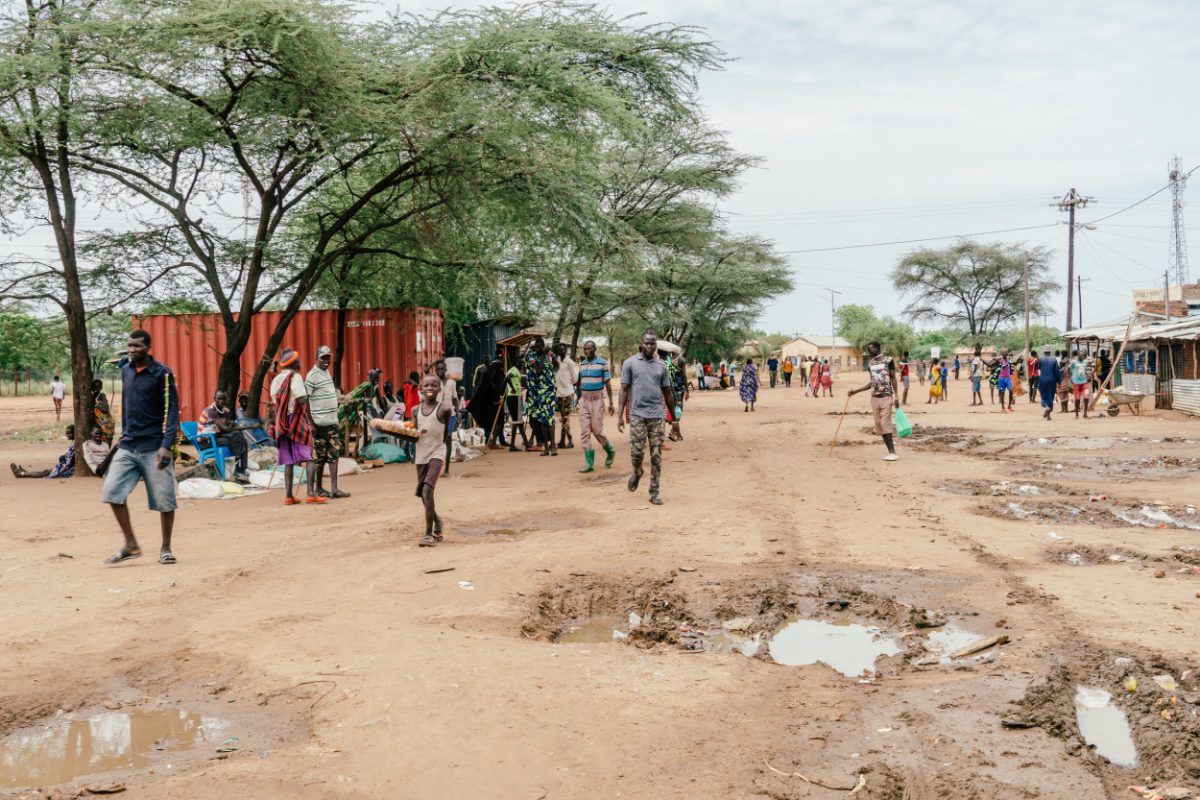
Is it safe to travel to South Sudan?
The answer is not really, but not everywhere is dangerous either. Most tourists travel to the capital – Juba, and then take an overnight trip to Mundari cattle camp.
When I went we drove to Boya Mountains which I’m yet to see anything else do, because a few tour companies who arrange trips always have a flight from Juba to Kapoeta on their itinerary. This road isn’t safe at all as we found out later, so it’s probably smarter to just pay extra for the flight if you want to venture into this region.
I know various people who claim to have been to every country but only traveled to Juba to check South Sudan off the list, but there’s so much more to South Sudan than just Juba – don’t be afraid!
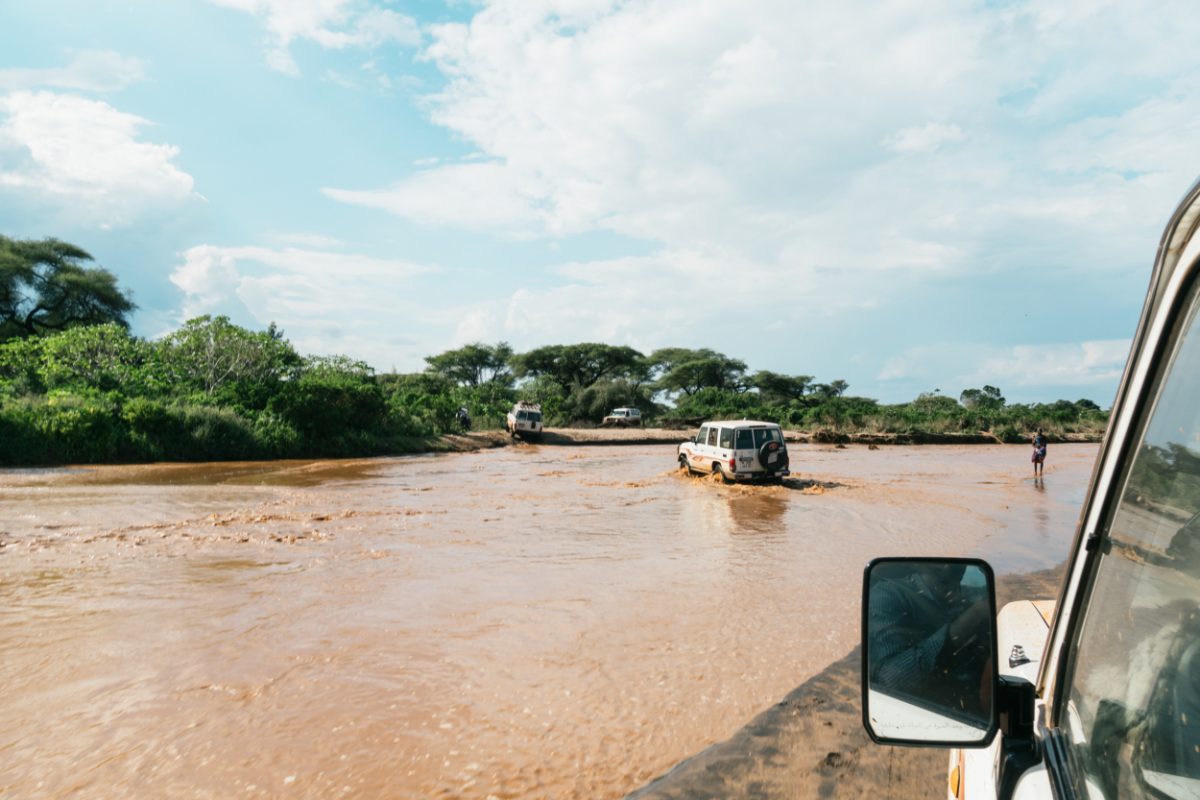
Getting a Guide for South Sudan
The most important thing to travel in South Sudan is to find smart and reliable local people to show you around safely. You do need a local guide to obtain a visa and quite frankly, you won’t be able to pass any checkpoints without a reliable guide.
Not to mention obviously, there’s no such thing as a rental car or public transportation in the country.
Options are very limited for South Sudan, but two providers are:
- Mayom Metro Safari – WhatsApp +211 920 665 999, Facebook: Metro Safaris
- Frederick – WhatsApp +211 921 628 654, Facebook: Fedrick Pitia
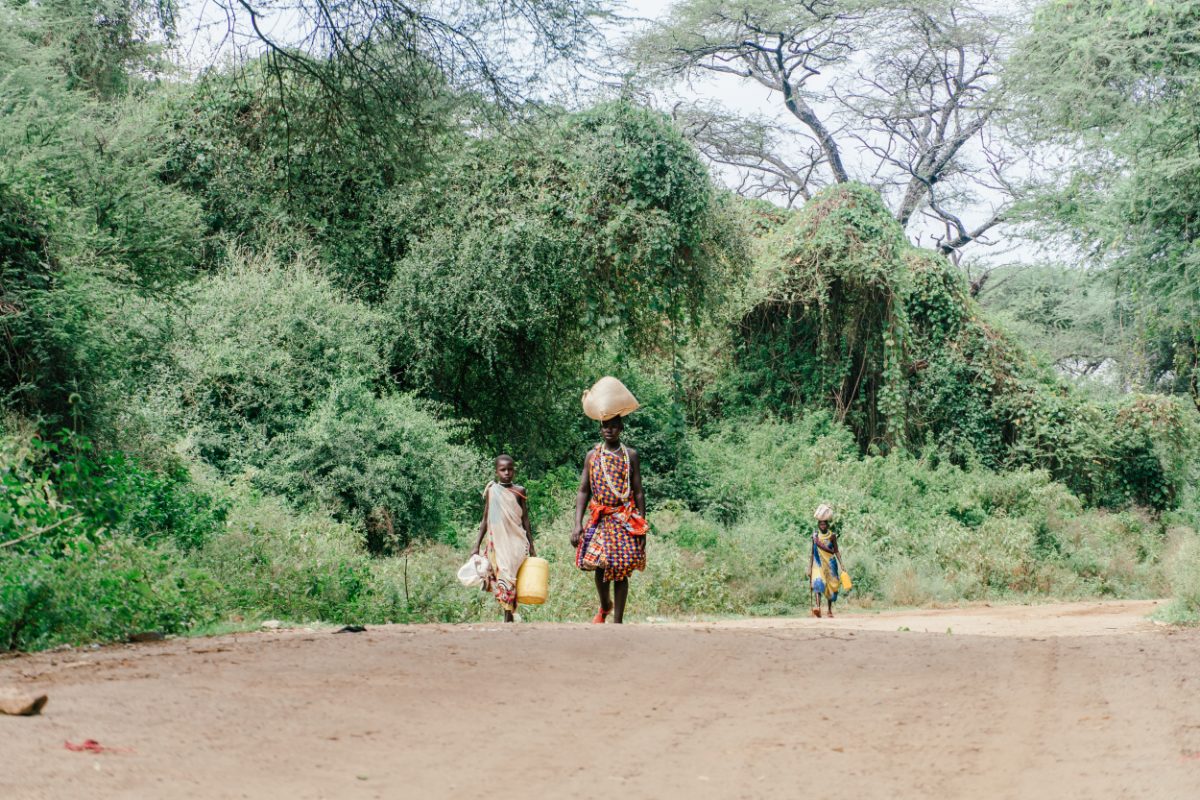
Visa to South Sudan
This part is surprisingly easy. The only thing you need is your visa letter from your guide on the ground. With this, flight confirmation, along with a yellow fever card and passport scan you just apply online.
I and everyone else in the group got visas in less than 24 hours. It was MUCH smoother and easier to get it than ironically, my visa to Kenya due to errors in their system.
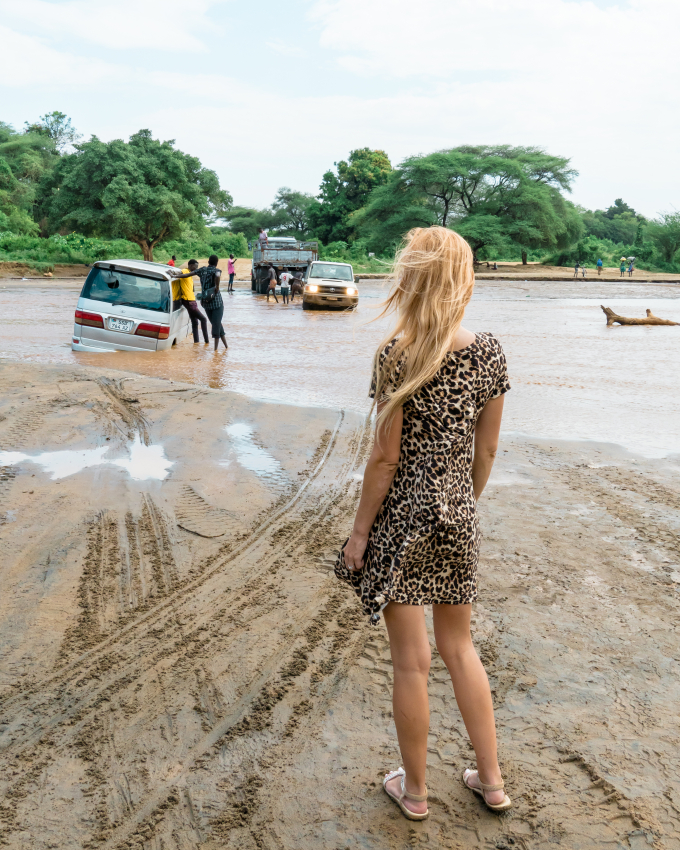
Taking Photos in South Sudan
The government is extremely wary of foreigners posing as tourists while undertaking journalism or even spying and it’s probably the hardest country to take photos in despite the expensive permits.
You MUST pay for the permit if you’re bringing a camera. If they see you have a camera without a permit at the checkpoint you might lose the camera and get into a lot of trouble (even if you’re not taking any photos with it).
Taking photos in Juba can put you in serious trouble. The local authorities there do not take it kindly, no matter how mundane the focus of their photography is. Being caught taking a photo of the wrong thing in Juba can lead to imprisonment. Our car was actually stopped because one person was taking a photo and while we managed to get the phone back it was a lot of back-and-forth fighting with the police.
Once outside the capital, these restrictions will relax, but you still need your photography permit that your guide can help you obtain. Keep in mind that not everyone will like photos being taken – some kids loved it, some women were running for their lives if they see your phone out ready for a photo. Be respectful.
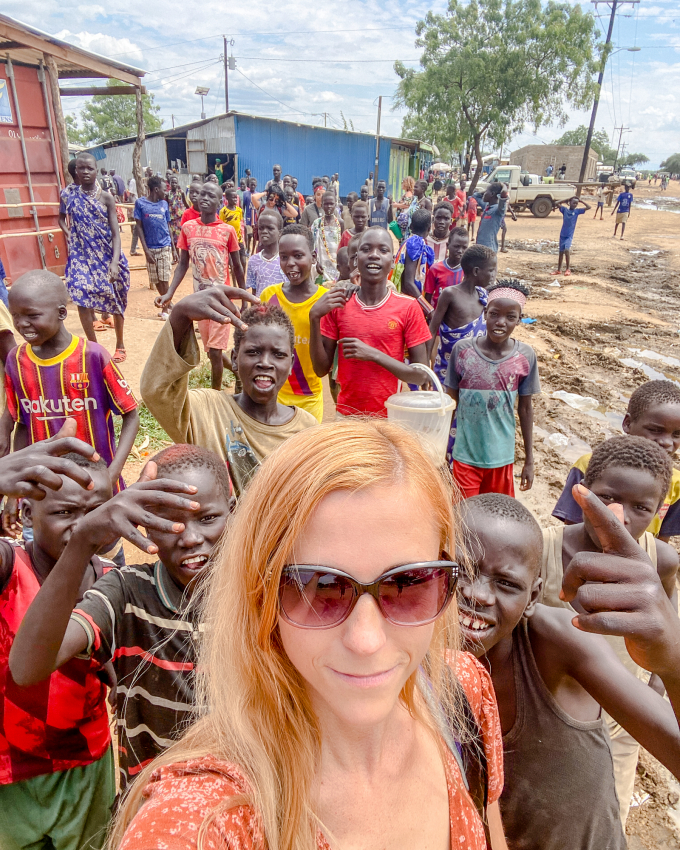
Keep and Open Mind!
Most importantly, keep in mind that South Sudan doesn’t really have almost any tourists. While there are a few guides and some people have arrived, it’s mostly aid workers and missionaries who have their own thing going.
The infrastructure is next to none, so your camping situation is basic as you’re sleeping among cows, cow dung, and eating whatever is there to eat.
Hence why your trip might not go exactly according to plan. Similar to Eritrea , permits are given at the last minute and your itinerary is subject to change.
To illustrate it more, on the first day we were supposed to get our registration done. We spent 3h waiting for it while our guide was trying to register the group, but it all failed so we left with a different plan, stayed at a different place that night and never actually stayed at the infamous Royal Palace Hotel (it’s always included on everyone’s itinerary because it’s the nicest, but they often sell out for larger conferences so never had a chance).
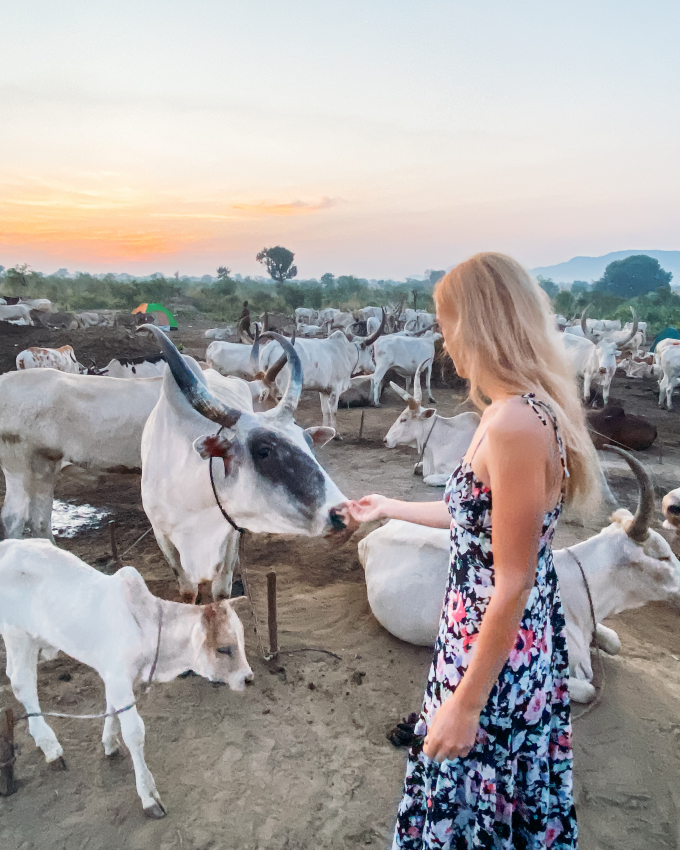
Another day we were scheduled to take a boat across the Nile and after we drove 3 hours to the starting point we still had no permits. We also haven’t got a permit to return to Juba, so we got stuck in the city of Bor for hours and hours.
We finally got the permit to return to Juba first and at this point, it was already late, so we had to start heading back. We got the permit for the Nile 10 minutes after we left but it wasn’t possible anymore to turn back. Then, we got stopped on the road for hours and our passports were held hostage overnight at the checkpoint while we reached the camp after 1 AM. So much for getting to the Mundari camp for sunset 😉
You must be open to those changes and remain flexible. Otherwise, you’ll have a very frustrating time.
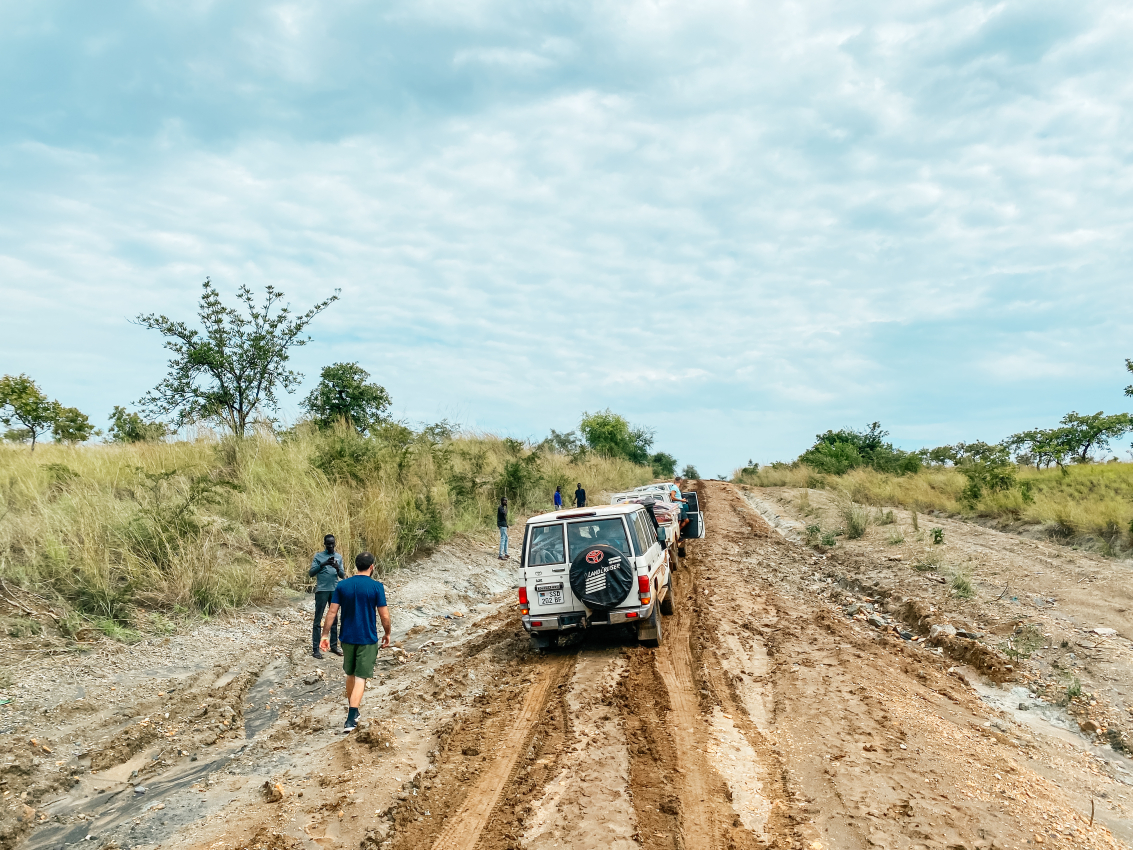
Share this:
Notify me of new posts by email.
Tuesday 5th of March 2024
I love your posts!
I have a 3 question regarding tourism in South Sudann. 1. How many days are enough to tour 2. Places worth visiting 3. Weather
Regards, Anshul
AnnaEverywhere
1. Depends on what do you want to see. Some people only visit the Mundari and this can be done in 3 days. To visit any other tribe and Mundari you need a week. 2. I enjoyed Boya Mountains the most. 3. You're fine as long as you travel outside of the rainy season.
Saturday 4th of March 2023
happy to have found your post as you dont find any about south sudan. and im glad to read that its doable to travel there.
how did you enter and leave? only by plane or do you know if its also possible to cross from sudan by land?
cheers, alex
Anna Karsten
Tuesday 7th of March 2023
I entered by air. From my understanding you cannot enter by land and even if you could it would create issues with visa and since you need a local tour company to see everything it's complicated because driving to other parts of the country requires a special permit and entails multiple checkpoints.
Tuesday 20th of September 2022
I have a question regarding the letter of invitation to South Sudan. Do you have any guides or people on the ground to recommend?
Regards, Fredrik
Wednesday 21st of September 2022
I do! Talk to Mayom from Metro Safaris - https://www.facebook.com/people/Metro-Safaris/100063707384538/
One Day Breaks
Itineraries for every place on earth
- South Sudan
Uncover Juba’s Hidden Gems: The Ultimate 24-Hour Adventure
by Nyakim Makuei · March 18, 2023

Discover the Hidden Gems of Juba: A Local’s Guide
Oh, Juba, the bustling capital of South Sudan – it’s a city that’s as vibrant as it is historic. Located on the White Nile River, Juba is a melting pot of cultures, languages, and traditions. This city is a true gem of Africa, and if you’re looking for an adventure, Juba is the place to be.
First things first, let’s talk about the weather. Juba is hot, like really hot. But don’t let that deter you from visiting. Just make sure you pack light and stay hydrated. Plus, the heat means that you can indulge in some of the best ice-cold drinks you’ve ever tasted. Trust me; nothing beats a cold drink on a hot day in Juba.
Now, let’s talk about the food. If you’re a foodie, you’re going to love Juba. The city is a food lover’s paradise with a wide variety of cuisines to choose from. Whether you’re in the mood for traditional South Sudanese food or something more international, Juba has got you covered. The street food in Juba is also a must-try. From sizzling meat skewers to sweet treats, the street food scene is bursting with flavors.
But Juba isn’t just about food; it’s also a city steeped in history. The city has a rich cultural heritage dating back centuries, and you can feel it when you walk through the streets. There are several museums and cultural centers that showcase the history and culture of South Sudan. If you’re interested in learning more about the country’s history, make sure to visit the National Museum of South Sudan and the John Garang Memorial.
Now, let’s talk about the nightlife in Juba. Whether you’re looking for a quiet night out or a wild party, Juba has got you covered. The city has a vibrant nightlife scene, with plenty of bars and clubs to choose from. If you’re in the mood for some live music, head to Havana Club or Z Bar. If you want to dance the night away, check out Club Signature or The Rocks. Just remember to pace yourself because the party in Juba can go on all night long.
But if you’re looking for a more relaxed experience, Juba has plenty of natural beauty to explore. The city is surrounded by lush greenery and beautiful landscapes, and there are several parks and nature reserves to visit. Make sure to check out the Boma National Park, which is home to a wide variety of wildlife, including elephants, giraffes, and lions.
And if you’re feeling adventurous, take a trip down the White Nile River. You can go white-water rafting or kayaking, or simply take a boat ride down the river. The Nile is a sight to behold, and you won’t regret exploring its beauty.
In conclusion, Juba is a city that has something for everyone. Whether you’re a foodie, a history buff, or an adventurer, Juba has got you covered. So pack your bags, grab your passport, and get ready for the adventure of a lifetime. Juba is waiting for you!
Juba in a Day: How to Squeeze the Best Out of South Sudan’s Capital
Welcome to Juba, the capital city of South Sudan. Known for its rich history and diverse culture, Juba offers a unique experience for travelers. Get ready for a packed day of fun, adventure and exploration.
8:00am – Start your day with a traditional Sudanese breakfast at the famous Al-Baraka restaurant. Try the Ful Medames, a local favorite made from fava beans, eggs, and spices. Wash it down with a cup of sweet Sudanese tea.
9:00am – Head to the Juba National Museum and learn about the fascinating history of South Sudan. From ancient artifacts to modern exhibits, this museum has it all.
11:00am – Visit the Juba Market and browse through the colorful stalls selling everything from traditional clothing to handmade crafts. Bargain with the local vendors and pick up some unique souvenirs to take back home.
12:30pm – Take a break from sightseeing and indulge in some delicious Sudanese cuisine. Head to the Nile Palace restaurant and try a plate of Kebab, a dish made from grilled meat and vegetables.
2:00pm – Explore the natural beauty of South Sudan at the Boma National Park. Take a guided tour and spot some of the exotic wildlife, including elephants, giraffes, and zebras. Don’t forget to bring your camera!
5:00pm – Enjoy a relaxing evening at the White Nile. Take a boat ride along the river and watch the sunset while sipping on a cold beer or cocktail. If you’re feeling adventurous, try some fishing or water sports.
7:00pm – Finish off your day with a dinner at the famous South Sudanese restaurant, Ebony. Sample some of the local dishes, including Bamia, a stew made from okra and meat. Don’t forget to try some of the Sudanese sweets for dessert.
9:00pm – End your day with some live music and entertainment at the Juba Reggae Club. Dance the night away to the sounds of local musicians and soak up the vibrant atmosphere.
There you have it, a full day itinerary for travelers to Juba, South Sudan. With a mix of history, nature, food, and entertainment, there’s something for everyone in this bustling city. So pack your bags and get ready for an adventure of a lifetime!
Juba and Beyond: Exploring Hidden Gems Near South Sudan’s Capital
Greetings traveler! I’m excited to share some of the best highlights for trips, attractions, and nature in Juba and beyond. First, let’s explore the city itself. Juba is a bustling metropolis with plenty of cultural and historical landmarks. You can start by visiting the Juba Stadium, which is the largest sports facility in South Sudan. It’s a great place to catch a soccer game or just take in the local atmosphere.
Next, head over to the Juba National Museum. Here you can learn about the country’s rich history, from prehistoric times to the present day. Check out the traditional artifacts, art pieces, and historical documents that tell the story of South Sudan’s past.
If you’re looking for some outdoor adventure, visit the Boma National Park. It’s a beautiful natural reserve that’s home to many different species of wildlife, including elephants, giraffes, and lions. You can take a guided tour of the park or go on a self-guided hike to explore the stunning scenery.
For a more relaxing experience, visit the Nile River. Juba is located at the confluence of the White Nile and the Blue Nile, so you’ll have plenty of opportunities to take a boat ride, go fishing, or just take in the breathtaking views.
If you’re up for a little road trip, head over to the town of Yei. It’s a more rural area, but it’s known for its beautiful scenery and friendly locals. You can hike through the Yei Hills or take a dip in the nearby rivers and streams.
Lastly, don’t forget to try some of the local cuisine while you’re here. South Sudanese food is a delicious blend of African and Middle Eastern flavors. Be sure to try some of the traditional dishes like Ful, a hearty bean stew, or Kisra, a type of flatbread that’s perfect for dipping in sauces.
I hope these suggestions help you make the most of your time in Juba and South Sudan. Safe travels and happy exploring!
Unlocking the Secrets of Juba: Your Ultimate Travel Guide
Well howdy there, stranger! Welcome to Juba, the capital city of South Sudan. If you’re looking for some local tips to make your visit even better, then you’ve come to the right place.
First things first, if you’re planning on exploring the city on foot, make sure you wear comfortable shoes. The streets can be a bit rough and bumpy, so you don’t want to be caught out in a pair of fancy shoes. Also, be prepared for the heat. Juba can get pretty hot, so make sure you bring plenty of water and wear light, breathable clothing.
If you’re looking for a good place to eat, then you can’t go wrong with some of the local street food. Try out the falafel, shawarma, or the famous South Sudanese dish, kisra. It’s a type of flatbread made from sorghum flour, and it’s usually served with a spicy tomato sauce and some goat or lamb meat.
If you’re interested in learning more about the history of South Sudan, then you should definitely check out the Juba National Museum. It’s a great place to learn about the country’s past, including its struggles for independence.
And finally, if you’re looking for some nightlife, then head on over to the Jebel area. There are plenty of bars and clubs to choose from, and you’re sure to have a good time.
Well, that’s all from me for now. I hope you enjoy your time in Juba, and don’t forget to try some kisra!
Discover the Best Time to Unveil Juba’s Hidden Gems!
Juba, South Sudan experiences a tropical climate, which means it is hot and humid throughout the year. The rainy season in Juba is from April to November, with the heaviest rainfall in June and September. The dry season spans from December to March, with temperatures reaching up to 40°C (104°F) during the day.
If you prefer cooler temperatures and less humidity, then visiting Juba during the dry season is your best bet. However, keep in mind that this is also the peak tourist season, so prices for accommodation and flights may be higher than during the rainy season.
If you’re interested in attending special events in Juba, South Sudan, then you may want to plan your visit around the country’s Independence Day on July 9th. This is a major celebration across the country, with parades, fireworks, and cultural performances.
Another consideration is that Juba can be quite busy during the Hajj pilgrimage season, which usually falls between July and August. Many people travel to Juba as a gateway to Mecca , which can make flights and accommodations more difficult to secure.
Overall, the best time to visit Juba depends on your personal preferences and travel plans. While the dry season may be more comfortable weather-wise, the rainy season offers its own unique experiences and opportunities for adventure.
Unraveling the Mysteries of Juba: Your Ultimate Guide
Q: Do I need a visa to visit Juba, South Sudan? A: Yes, all visitors to South Sudan require a visa. Visas can be obtained at the South Sudanese embassy or consulate in your home country.
Q: What is the best time of year to visit Juba? A: The best time to visit Juba is during the dry season, which runs from December to March. The rainy season, which runs from April to November, can make travel difficult and cause flooding in some areas.
Q: What language is spoken in Juba? A: The official language of South Sudan is English, but many locals also speak Juba Arabic.
Q: What is the currency in Juba? A: The currency in South Sudan is the South Sudanese pound (SSP).
Q: Is it safe to visit Juba? A: While Juba has experienced some political instability and violence in recent years, it is generally considered safe for visitors who take appropriate precautions. It is recommended that visitors stay in well-secured accommodations, avoid traveling alone after dark, and be aware of their surroundings at all times.
Q: What are some popular attractions in Juba? A: Popular attractions in Juba include the Juba City Market, the Mausoleum of John Garang, the Juba Stadium, and the Nile River.
Q: What is the cuisine like in Juba? A: The cuisine in Juba is influenced by both Sudanese and East African cuisine, with staples like rice, beans, and stews.
Q: What should I wear when visiting Juba? A: Visitors should dress modestly and avoid wearing revealing clothing, particularly in more conservative areas. Lightweight and loose-fitting clothing is recommended due to the hot and humid climate.
Q: What is the transportation system like in Juba? A: Public transportation in Juba is limited, with most visitors relying on taxis or private drivers. It is recommended that visitors arrange transportation through their accommodations or with a reputable company.
Q: What should I know about local customs and etiquette in Juba? A: South Sudanese culture places a strong emphasis on respect and hospitality. Visitors should be respectful of local customs and traditions, and avoid discussing sensitive political or religious topics. It is common to greet others with a handshake and to remove shoes before entering homes or places of worship.

Hi there, my name is Nyakim Makuei and I'm a travel writer based in South Sudan. I was born and raised in Juba, the capital city, and have always been passionate about exploring new places and cultures. Alongside my love for travel, I also have a keen interest in makeup artistry and fashion. Growing up, my family instilled in me the importance of education, so I pursued a degree in Journalism and Communications at the University of Juba. After completing my studies, I worked as a journalist for a local newspaper, but my wanderlust soon kicked in and I decided to pursue my dream of becoming a travel writer. Despite the challenges of living in a developing country, I find that there's always something new and exciting to discover in South Sudan. From the bustling markets of Juba to the vast wilderness of Boma National Park, there's never a dull moment here. In addition to exploring my own backyard, I've also had the opportunity to travel to neighboring countries like Kenya, Uganda, and Ethiopia. Each trip has been a unique adventure, filled with unforgettable experiences and encounters with fascinating people. I enjoy writing for the website because it allows me to share my passion for travel with others and inspire them to explore the world. Through my writing, I hope to showcase the beauty and diversity of South Sudan and other African destinations, and encourage readers to step out of their comfort zones and embark on their own adventures.
View all posts
Share this:
Tags: accommodation adventure attractions culture exploration food history hospitality Juba landmarks local customs local markets Nile River safety South Sudan souvenirs tourism transportation Travel wildlife

Nyakim Makuei
Hi there, my name is Nyakim Makuei and I'm a travel writer based in South Sudan. I was born and raised in Juba, the capital city, and have always been passionate about exploring new places and cultures. Alongside my love for travel, I also have a keen interest in makeup artistry and fashion. Growing up, my family instilled in me the importance of education, so I pursued a degree in Journalism and Communications at the University of Juba. After completing my studies, I worked as a journalist for a local newspaper, but my wanderlust soon kicked in and I decided to pursue my dream of becoming a travel writer. Despite the challenges of living in a developing country, I find that there's always something new and exciting to discover in South Sudan. From the bustling markets of Juba to the vast wilderness of Boma National Park, there's never a dull moment here. In addition to exploring my own backyard, I've also had the opportunity to travel to neighboring countries like Kenya, Uganda, and Ethiopia. Each trip has been a unique adventure, filled with unforgettable experiences and encounters with fascinating people. I enjoy writing for the website because it allows me to share my passion for travel with others and inspire them to explore the world. Through my writing, I hope to showcase the beauty and diversity of South Sudan and other African destinations, and encourage readers to step out of their comfort zones and embark on their own adventures.
Leave a Reply Cancel reply
Your email address will not be published. Required fields are marked *
Save my name, email, and website in this browser for the next time I comment.
- Next story Unveiling Yamoussoukro: The Ultimate One-Day Adventure!
- Previous story Unveiling the Hidden Gems of Canberra: 24 Hours Itinerary!
Post Author
- Burkina Faso
- Central African Republic
- Congo (Brazzaville)
- Côte d'Ivoire
- Equatorial Guinea
- Guinea-Bissau
- Saint Helena, Ascension, And Tristan Da Cunha
- Sao Tome And Principe
- Sierra Leone
- South Africa
- Afghanistan
- Christmas Island
- North Korea
- Philippines
- Saudi Arabia
- South Korea
- Timor-Leste
- Turkmenistan
- United Arab Emirates
- Bosnia And Herzegovina
- Faroe Islands
- Isle Of Man
- Liechtenstein
- Netherlands
- Saint Martin
- Switzerland
- United Kingdom
- Vatican City
- Antigua And Barbuda
- British Virgin Islands
- Cayman Islands
- Dominican Republic
- El Salvador
- Saint Barthelemy
- Saint Kitts And Nevis
- Saint Lucia
- Saint Pierre And Miquelon
- Saint Vincent And The Grenadines
- Sint Maarten
- The Bahamas
- Trinidad And Tobago
- Turks And Caicos Islands
- United States
- American Samoa
- Cook Islands
- French Polynesia
- Marshall Islands
- New Caledonia
- New Zealand
- Northern Mariana Islands
- Papua New Guinea
- Pitcairn Islands
- Solomon Islands
- Wallis And Futuna
- Falkland Islands (Islas Malvinas)
- French Guiana
- South Georgia And South Sandwich Islands

South Sudan Travel Guide: 1-week itinerary & best destinations
Table of Contents
Visit South Sudan
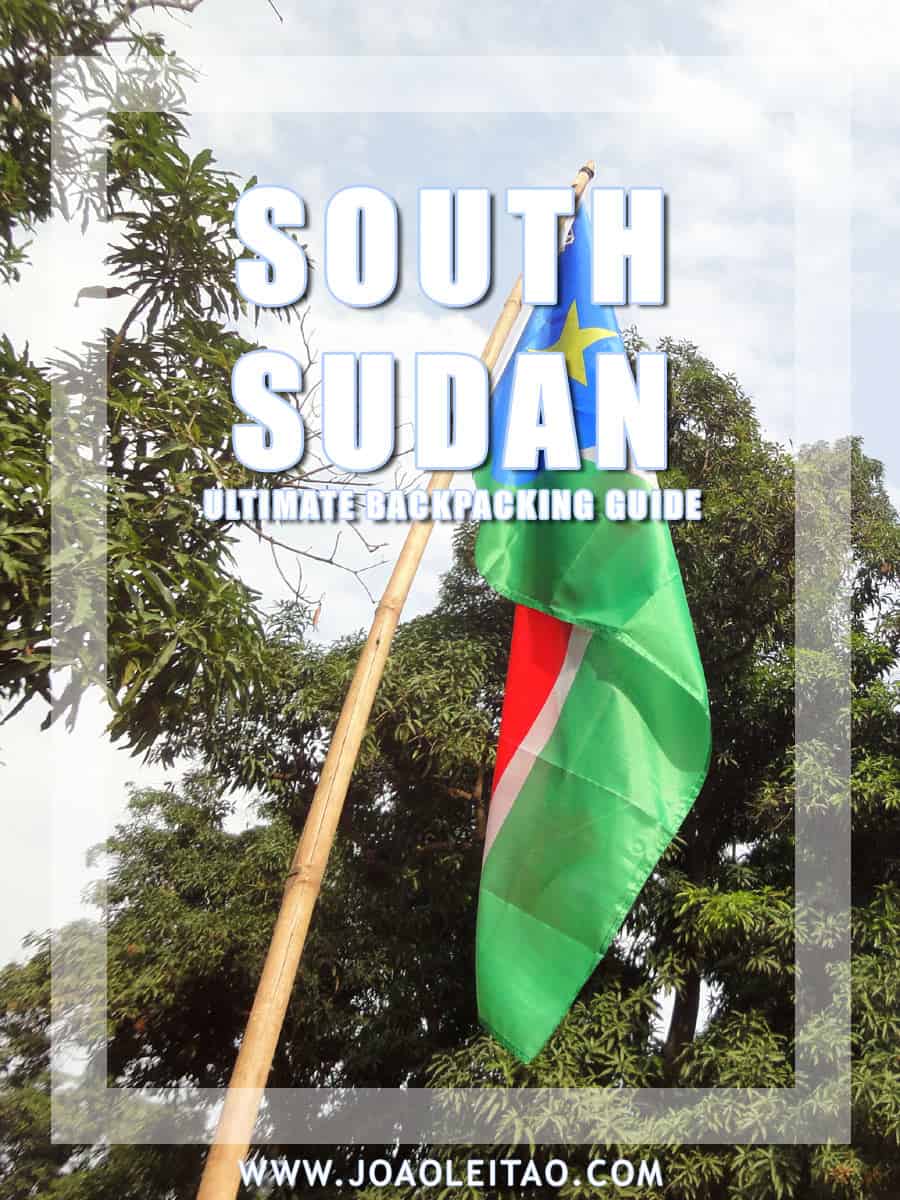
South Sudan was internationally declared independent at midnight on the 9th of July 2011. At this time all South Sudanese celebrated and ended 20 years of struggle against the regime of the northern capital Khartoum in Sudan.
Scattered throughout the city of Juba, huge billboards, posters, banners and advertisements, congratulated the new country, its president Salva Kiir Mayardit, and the martyr of independence Dr. John Garang Mabior.
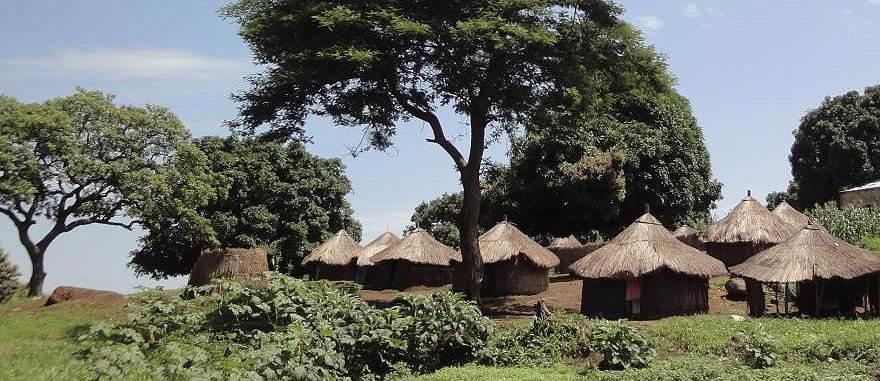
In many places around the city of Juba and even a few days after independence there were a lot of people celebrating and dancing on the streets. Happiness was visible in the expressions of the people all South Sudan.
Video of people celebrating Independence Day
I had the opportunity to travel to South Sudan during the early days of its independence. The reason why I went to East Africa at this time was exclusively to watch the celebrations of the new country.
Land borders were closed on the 8th and 9th of July due to South Sudanese national security. Borders re-opened in the morning of the 10th of July. I was there waiting to cross the border along with a few hundreds of other Africans. So, I was technically the first westerner, the first European, the first Portuguese, and the first travel blogger to enter the new country of South Sudan as a state through a land border.
The police officer stamping my passport told me :
“ Congratulations, you are the first Portuguese to enter the new South Sudan. ”
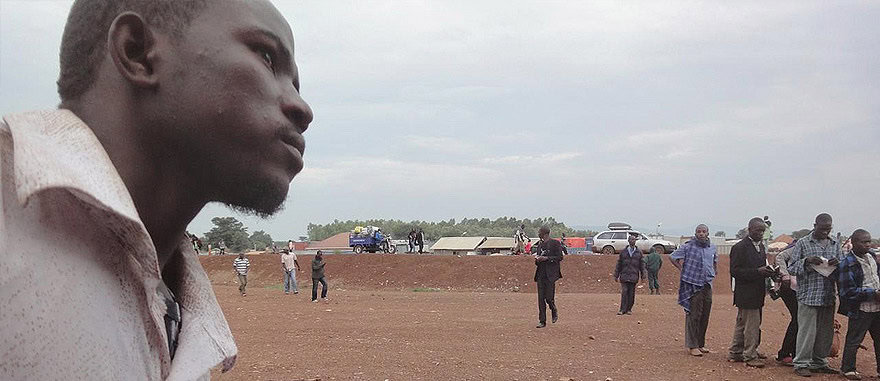
I got my South Sudan travel permit at Nimule border, because at the Nairobi Embassy they didn’t want to issue me anything as the independence day was so close. I tried my luck and got a bus from Kampala in Uganda, all the way to Juba, the capital of the yet to come Republic of South Sudan.
Guide to Juba – the capital of South Sudan
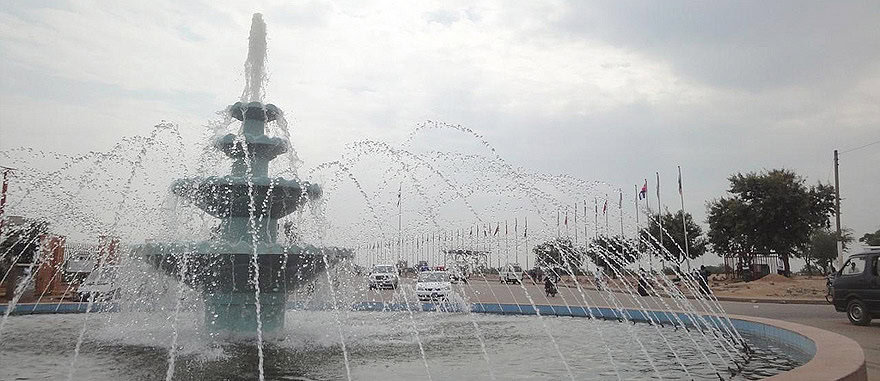
Juba is a very strange city because it’s very small and all major buildings and infrastructures you would imagine existing in a capital, don’t exist yet. Much still remains to be built in terms of government infrastructure. In the long run they will build it, I guess.
The city of Juba is divided into three main areas: the center called “town”, the area of the United Nations and the Presidential Palace. But there are other areas like Kololo, where the UN offices and some European embassies such as the French Embassy, the Italian Embassy, Dutch Embassy and British Embassy are located. This place of the EU embassies is called the “European Union Compound.” All buildings are made of prefabricated materials.
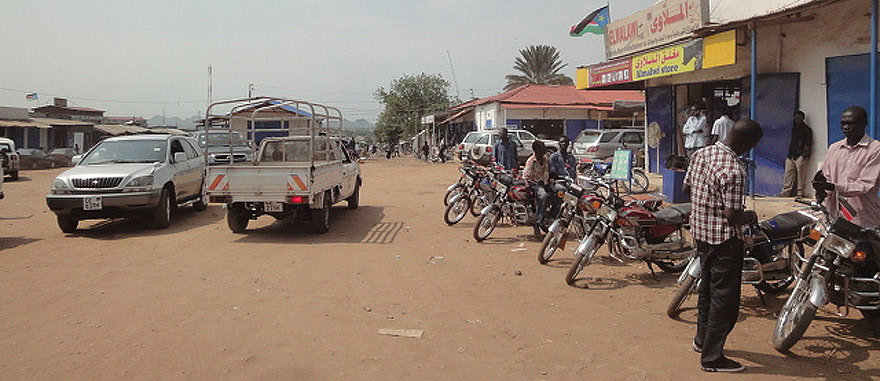
You can visit the area of the South Sudanese Parliament, the Avenue of Nations, where the celebrations of independence took place, the square of Independence, with a set of a few dozen flags, and you can see the statue of Dr. John Garang. Here I think there will be a project to build a park celebrating the independence of South Sudan. The Mausoleum of the former President of the Government of Southern Sudan Dr. John Garang of Mabior is located near the Avenue of Nations, just down the street.
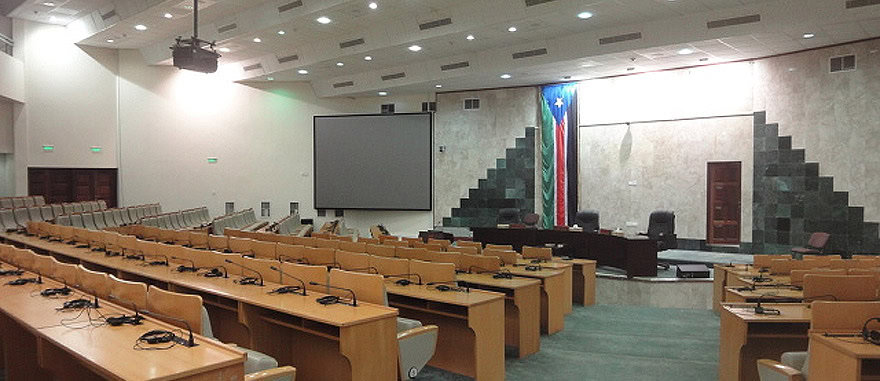
If you want to explore out of the city and walk outside Juba, exit heading west on the road to Yei and you can walk around the villages with huts and their very friendly people. Be aware of the fact that South Sudan was in conflict for decades, so this whole area is a region strongly affected by war. Pay attention to the people and the police and do not take pictures of places associated with the security forces and be always very discreet.
During the celebrations of the independence of South Sudan in Juba, the streets were full of panels and commemorative billboards. Many banners, panels, posters, all exhibited political messages in honor of war heroes and personalities.
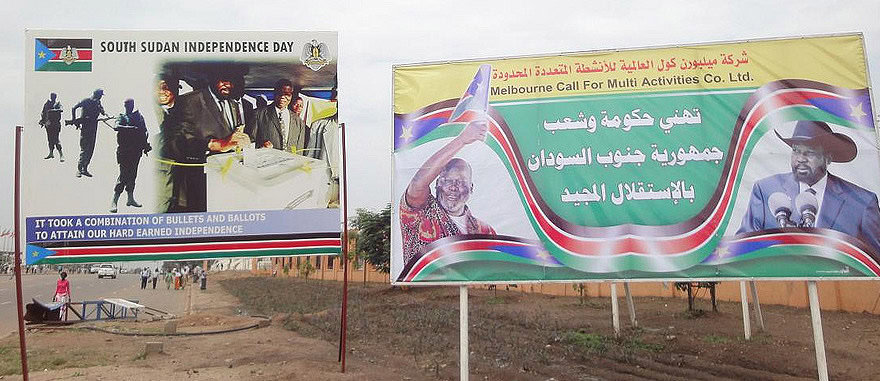
If you want to explore further near the river, you can walk down the banks of the Nile River and the bridge that leads towards the bus station. In this area there are some villages with happy kids playing.
Things to do – Juba Travel Guide
1- all saints cathedral.
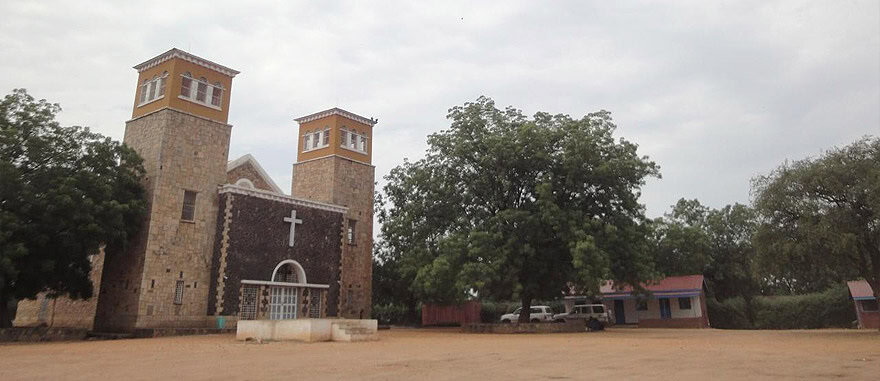
You can visit the All Saints Cathedral between Lanya Street and Gombura Street. This church is the main place for religious worship in the city. Sunday mass is usually full of people and can be an interesting event to be part of.
2- University
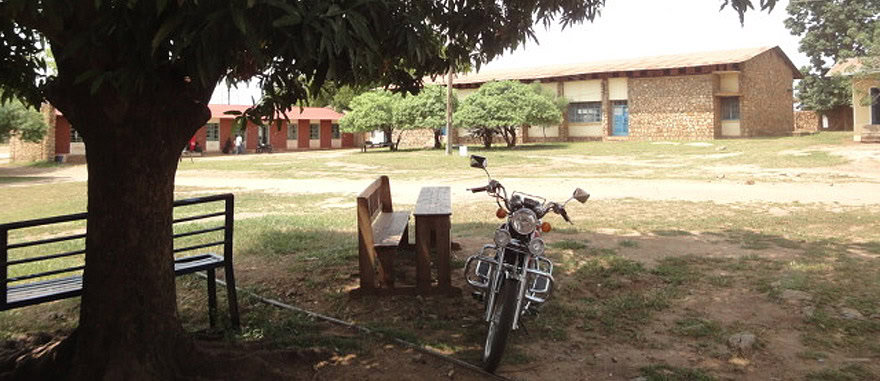
If you’re interested in visiting the University of Juba you will find out that both students and teachers might be very welcoming. When you arrive at the main gate you have to greet all those present and ask permission to visit the premises. I was able to get to know the music department where I had the opportunity to sit and chat a bit with officials and teachers.
3- Konyo Konyo Market
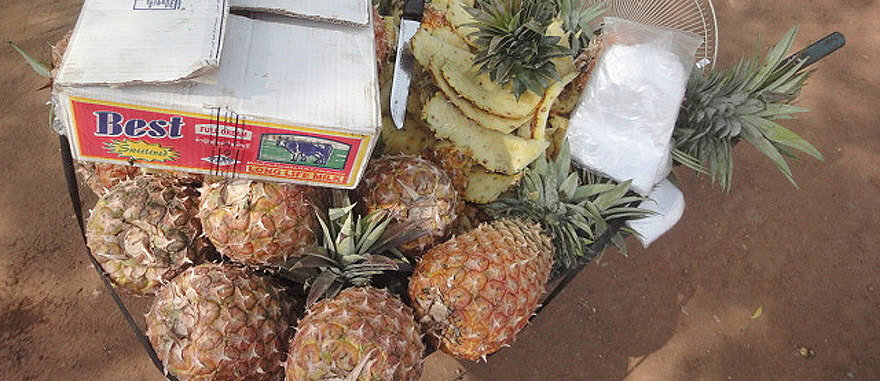
Certainly not to be missed in Juba is the market called Konyo Konyo, a chaotic place, with a lot of people, fruit stalls and confusion. You can buy a little bit of everything and this is where most of the people from Juba come to get their daily groceries.
4- White Nile River
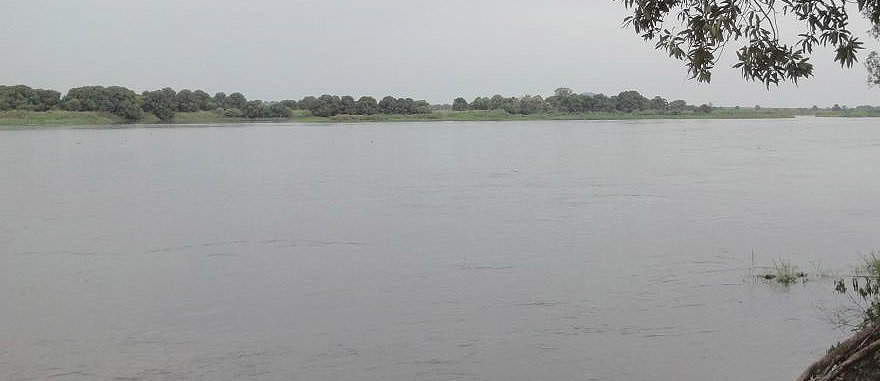
You can walk along the river bank and enjoy the beauty of the White Nile River in this part of Juba. Beware of mosquitoes in the evening. There are many fishermen on small boats, and boats that transport goods from one place to another. The Juba river is very beautiful with a smooth current and fishermen boats cruising.
5- Mausoleum of Dr. John Garang Mabior
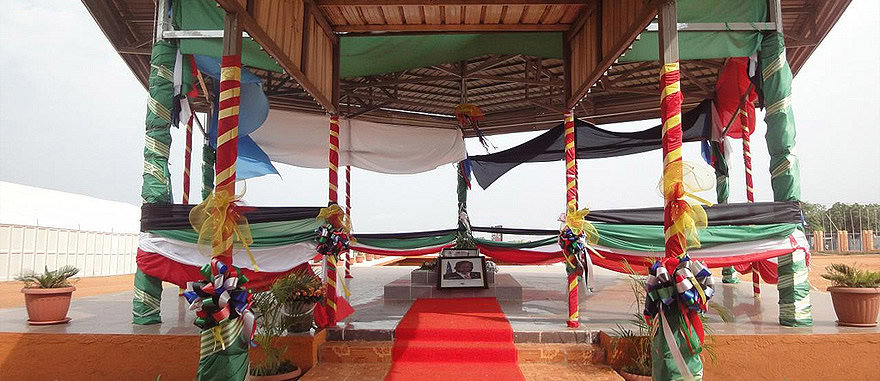
On the Avenue of Nations where the big celebration festival of independence took place, you can visit the Mausoleum of former President of the Government of Southern Sudan Dr. John Garang of Mabior. You can enter and pay homage to this important figure for the politics of South Sudan.
The entrance has a big gate and there are several military guarding the facilities. Greet everyone and introduce yourself before entering. You can sign the visitors book that is on the table. Inside the mausoleum there are many flags of South Sudan and a photo of the former president.
6- Residential Neighborhoods
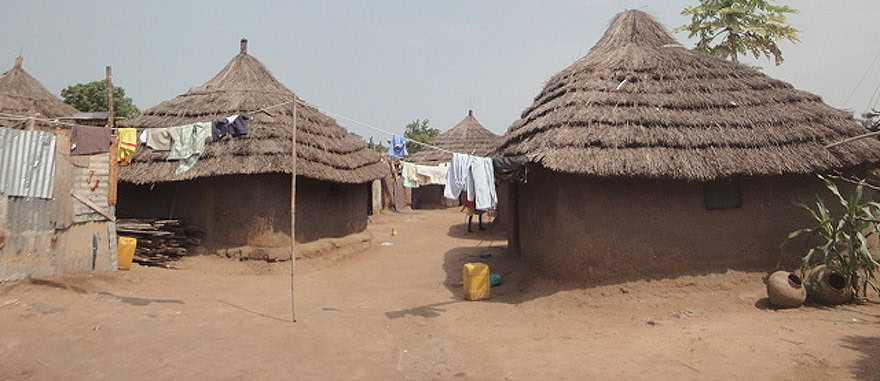
There are still many neighborhoods around Juba with small hut style houses that are very interesting to visit. Remember that these are private residential areas, you can walk but show sympathy and respect for local people. You will undoubtedly be welcomed, but you should be prudent to take pictures of people, and of course avoid taking pictures into the backyards of people’s houses.
Where to Sleep – Accommodation in Juba
Hotel nile resort.
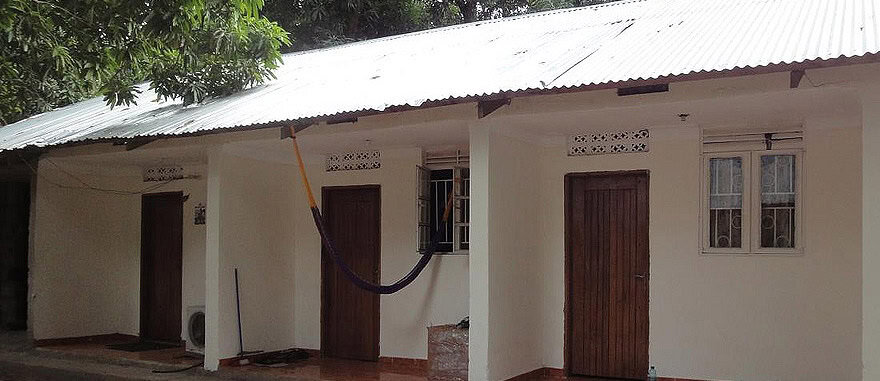
If you want to stay close to the River Nile with a beautiful landscape to see the river, you can stay at Nile Resort Hotel in Juba. This place is old and precarious, but yet an alternative to sleep in Juba.
Beside the hotel there is also the Nile Resort Bar / Restaurant with free Wireless Internet. This place is called Oasis and you can even enjoy live music weekend nights. You can also eat there as it has restaurant service. A plate of my favorite food in East Africa – beans and rice or chapat, a kind of Indian bread – costs 2 pounds.
The price per night per person of a single room is $50 dollars. A double room costs $100 dollars. You can also rent a room with en-suite bathroom for $600 dollars a month. There are also outdoor tents that you can rent for a cheaper price, but be careful when leaving your things there.
Watch out for malaria mosquitoes in the river bank. Protect yourself with long clothes and insect repellent.
Contacts : Hotel Nile Resort, Garden Plot 22, River Nile Basin, Juba, South Sudan
Hotel ECS Guest House
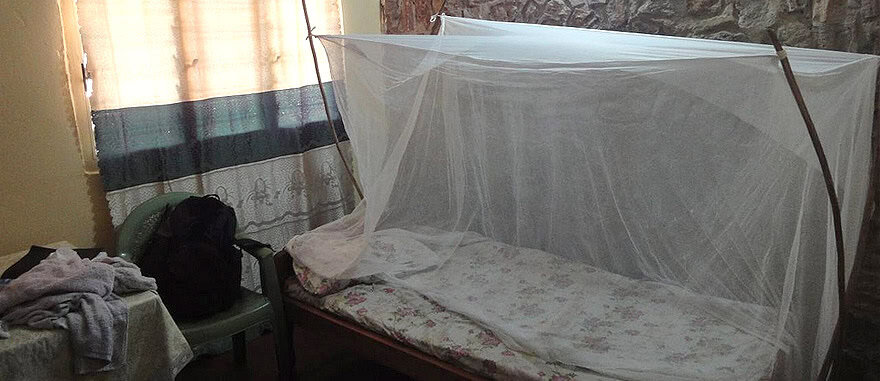
Prices for accommodation in Juba are very expensive, and it is really difficult to find hotels in the city for less than $50 dollars per night.
While in Juba I also took the opportunity to explore other Juba hotel options. One of the hotels I visited was quite near the All Saints Cathedral. This is a better alternative to the hotel where I stayed.
In this Hotel in Juba you have single and double rooms for $50 dollars per person and you can access all the necessary hotel amenities and can still get price for bed and breakfast or even half board.
The hotel ECS Guest House is adjacent to All Saints Cathedral in Juba. It has a reception, a restaurant with local breakfast, and different types of bedrooms.
Contacts : Hotel ECS Guest House, All Saints Cathedral compound, Juba, South Sudan
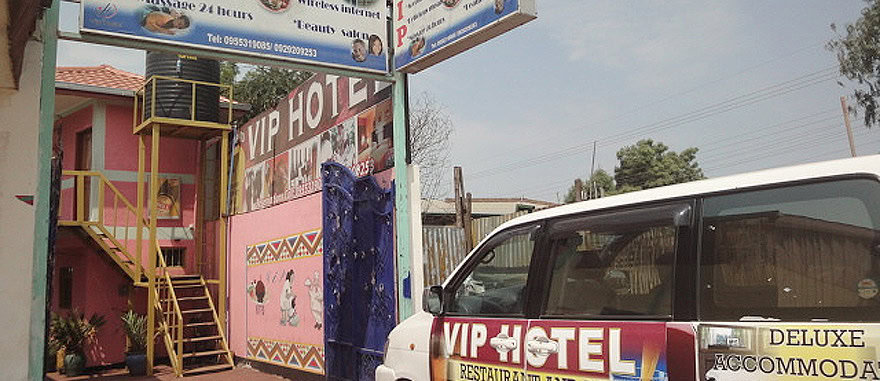
This is one of the newest hotels in Juba and has just been finished and has better facilities than many other hotels in Juba.
This hotel is located in a busy Juba street, and it has a restaurant, massage parlor and hairdresser. There is wireless internet in the hotel. The price of a room with breakfast is $100 per night.
The hotel is small so it has a private indoor patio with security the whole time. A meal costs about 20 pounds, a fruit juice costs 5 pounds. A full body massage done by an Ethiopian lady costs 70 pounds. At night there is live music with Ethiopia girls dancing.
Contacts : VIP Hotel, Gombura Street, Juba, South Sudan ● Phone: (+211) 0955-203834, 0955-319085, 0929-209253.
Where to eat – Restaurants in Juba
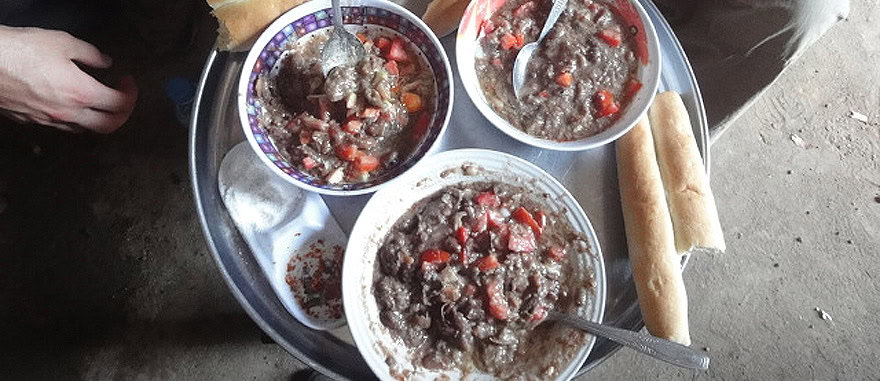
In Juba there are many places to eat. Most hotels have restaurants open till late. There are also inexpensive options for eating on the streets.
There are also several restaurants scattered throughout the city where you can find the best and cheapest food in Juba. Here in these places and with very little money you can eat traditional food of South Sudan and have direct contact with local people in their daily life.
Throughout the city there are small handcarts with pineapple that come from Uganda. You can also find small bean cakes and pies on street vendors near the Konya Konya market.
How to get there – Transportation in South Sudan
Bus from kampala to juba, uganda to south sudan.
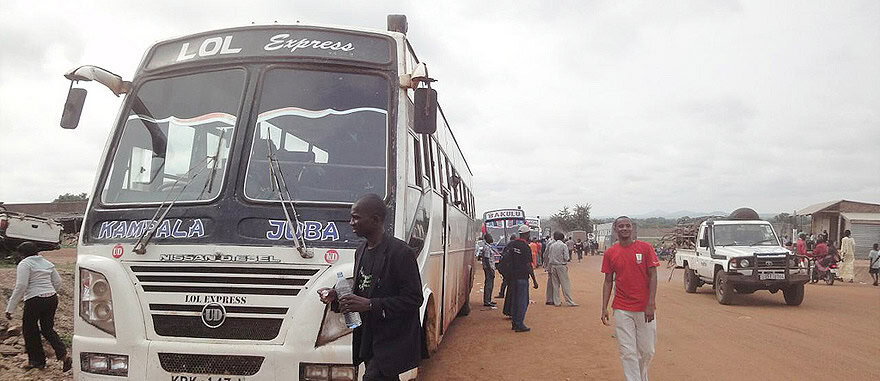
The connection between the two capitals, Uganda and Juba, is very easy. There are several companies with night and morning buses to and from Juba. After some research I found that this route between Kampala and Juba is actually one of the most dangerous of all East Africa. Almost every week there are deadly accidents involving buses and passenger cars.
Just 2 weeks before I passed, there were two buses colliding front to front on the road before reaching Juba. 60 people died. I just want to say that it’s very important to choose a reliable and safe bus company to reach Juba.
After asking several people, all of them advised me LOL Espress bus company, and I could report that the driver was actually very responsible and that he took care of passengers, and paid extreme attention to the road.
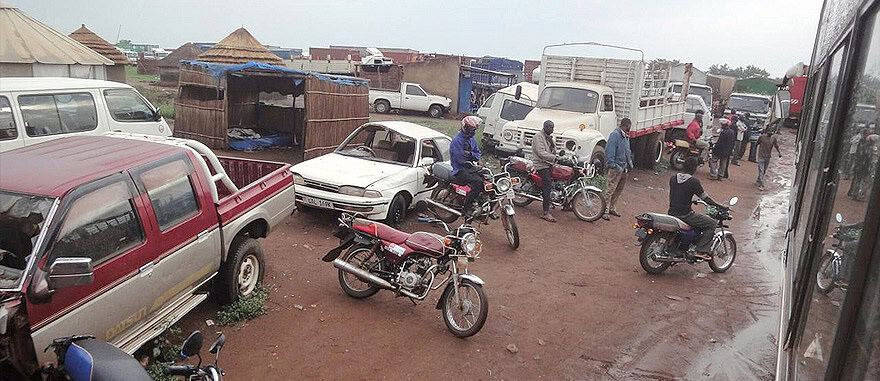
Well, actually I took two buses from the same company because, in the South Sudanese border, my bus left without me. It took me too long with the formalities of visa application, passport registration, etc…
Since there were two buses from the same company to do the same route with a difference of 20 minutes between them, I got a ride on the next bus without paying anything. Since I traveled light, with my 9 kg / 19 lbs backpack , I had it with me all the time.
The border crossing out of Uganda had a big line of people waiting.
Contacts : LOL Express bus company in Kampala Uganda – D&J Shopping Arcade, PO Box 39123 K’la Plot 15 Wilson Street, Rm 10 & 11 Arua Park Kampala Uganda ● Phones Kampala: 0714 108026 / 0774 258656 ● Phone Juba: +249 955 046 470 ● Phones Nairobi: +254 722 542 025 / +254 723 259 086.
Transportation around Juba
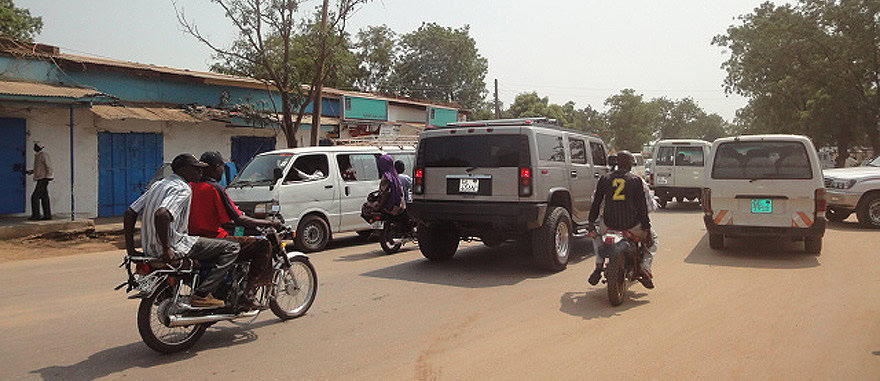
Undoubtedly the best way to go from one place to another in Juba is by motorcycle taxis called Boda-boda. There are also taxis (vans) which cost one pound per trip. Boda-boda bikes cost between 3 pounds for a short trip or up to 5 or 6 pounds for a long trip from one end of town to the other.
From the bus station to the city center you can try to pick up a boda-boda for 10 pounds. It will be difficult to bargain prices. Or you can even leave the bus station and get a “taxi van” for 1 pound. You have to ask the driver if he goes to the city center or to All Saints Cathedral, depending on where your hotel is located.
Life in Juba is more relaxed and people don’t drive that fast like in other African capitals, such as Nairobi or Kampala. So boda-boda drivers are actually very easy going boys.
Hitchhiking from Juba to border with DR Congo
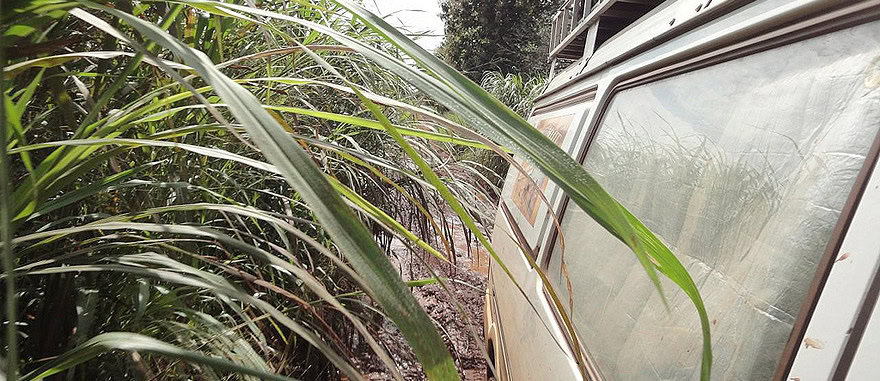
I love to hitchhike.
Although hitchhiking might be a risky way of traveling, I often decide to follow my instinct and get a ride on local people’s car or even with another Westerner traveler on the road.
In Juba, I met an Estonian guy named Tarmo Tamming in the Hotel Nile Resort. He was traveling with his Mazda van around Europe and Africa on a 2 year trip.
He started his trip through several European countries till Turkey , then drove by Syria, Jordan, Egypt, Sudan, Ethiopia, Somaliland , Djibouti, Ethiopia again, Kenya, Uganda and finally South Sudan. This very friendly guy gave me a ride to go with him all the way to the Democratic Republic of the Congo.
Road from Juba to border with DR Congo
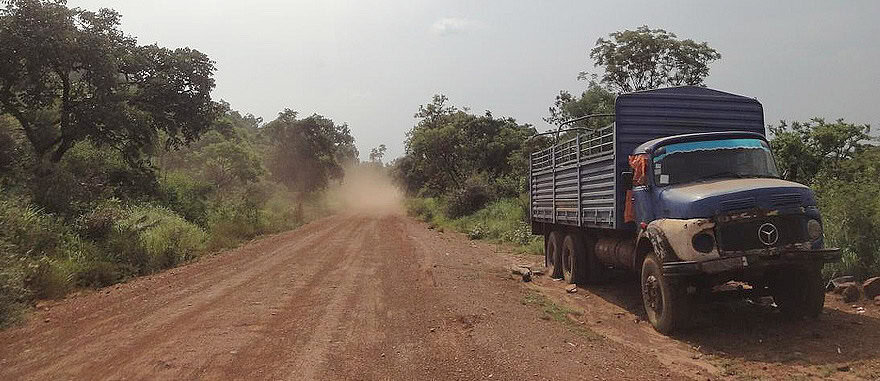
Tarmo and I were attempting to enter the Democratic Republic of the Congo, driving on a very bad road. Actually we didn´t know if we could get into the Congo or not. We were just trying.
When we were already on the road, we were stopped and searched by the police in Ganji. We were detained and went inside a police hut, where they copy and pasted all our SD Card pictures to their personal computer. Ganji police was very hostile and extremely suspicious about us. We were taken to the police station under pressure and questioned. Everything went well after an hour and a half. From Ganji we drove to Yei where we slept.
Video of the road from Juba to Yei in South Sudan
From now on we knew that from Juba we should stop at all the police stations to give the authorities the knowledge of our presence in the region. Thus we would avoid ever again being held or arrested like we did.
The way from Ganji to Yei was normal dirt road but with many military and armed police pick-up trucks. A somehow intimidating scenario as guns could be seen everywhere.
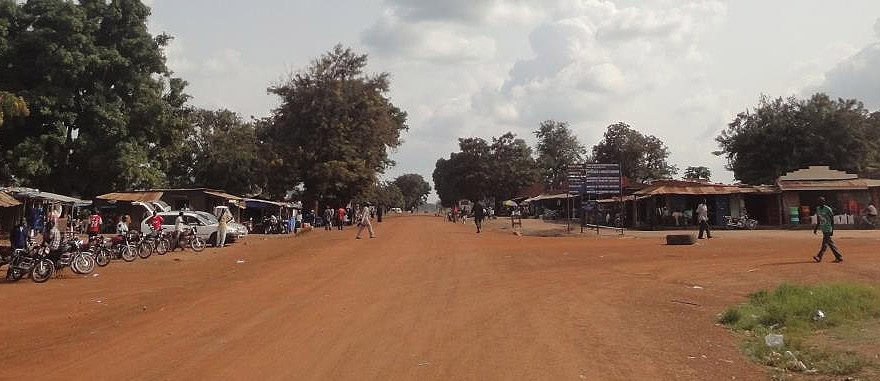
We slept inside our van in Yei’s police compound. The police in Yei were nearly all drunk, but their sympathy and friendliness was undeniable. They helped us to register with the police and gave us a place to park the van and sleep.
The night in Yei was very strange and we had the impression of being in a very, very insecure place, due to the attitude of some policemen and the general atmosphere and energy of Yei. It was also very strange the fact that in the prison building just aside our truck there were some prisoners who spoke to us and said “please help us because we’re stuck here without a reason”. No comment on that situation.
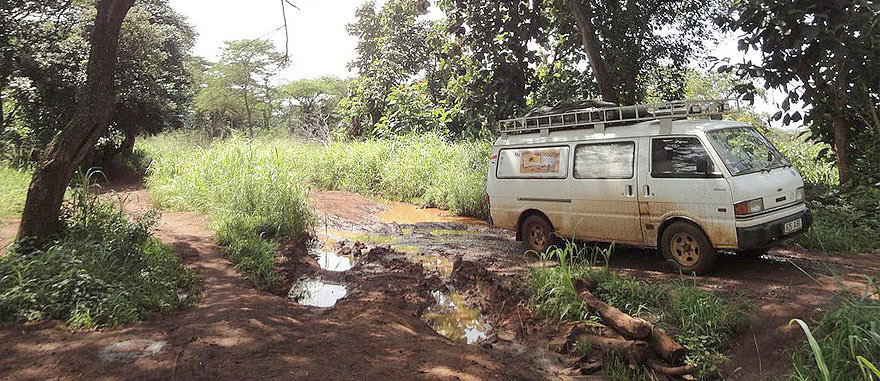
In the morning we traveled towards the border with the Democratic Republic of the Congo but we almost had to turn back. Road conditions were getting worse with lots of mud. We didn’t know if it would be passable with a 2WD van. Miraculously, we found an African NGO 4X4 with a lady from the Congo that said the road would be better. We got inspired to keep on driving to the Congolese border.
The road to the border of the Democratic Republic of the Congo was done through jungle dirt road full of potholes and mud, and a beautiful landscape with houses of straw and mud.
Along the way there were lots of people carrying things on the road from village to village. Many motorbike taxis passed by as well.
Later we reached the small village of Lasu, the little border village of South Sudan, where we stamped our passports out of the country.
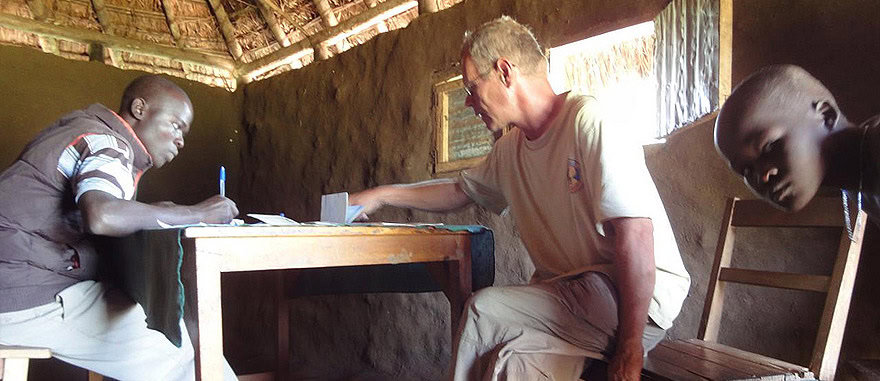
The guy who deals with passports and stamps is very young and friendly – a very nice guy. He asked us for 100 pounds, but I bargained for 10 pounds.
We went to the South Sudanese Military Post to check the van and finally left South Sudan. We crossed the “no man’s land” through the jungle and bushes by the entrance gate of the border area of the DRC or the Democratic Republic of the Congo.
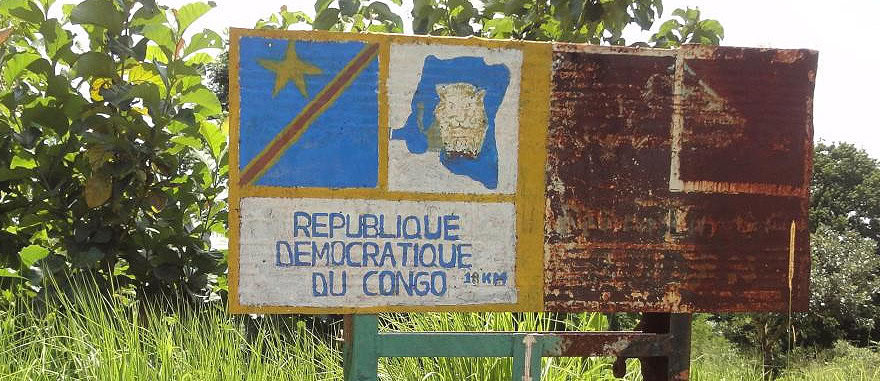
[message_box type=”attention”] Read the page : Tarmo’s incredible travel blog http://tarmotamming.blogspot.com [/message_box]
Money and Visas – Formalities in South Sudan
South sudan visa in nairobi, kenya.
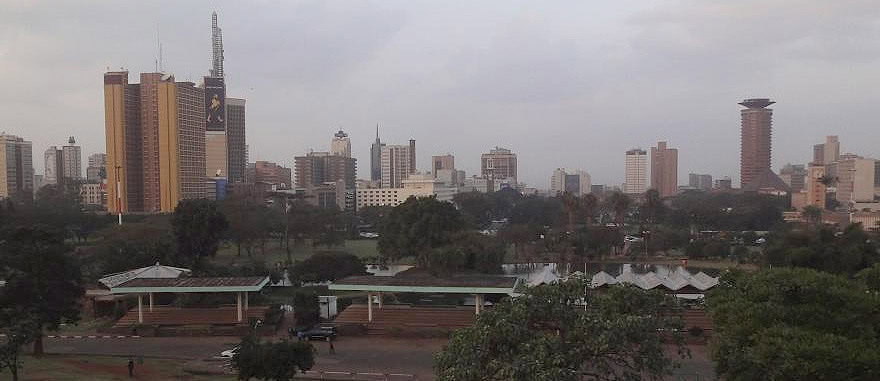
Getting a South Sudan visa is fairly easy.
You can get your visa at the Nairobi South Sudan Embassy or even in Kampala – Uganda.
Without doubt the fastest way to cross the border is to get your visa for South Sudan in Nairobi, because then you won’t have to wait and spend a lot of bureaucracy with a lot of people and confusion at the border.
In my case I tried to get the visa in Nairobi, a few days before independence, but they closed the border and stopped issuing visas or travel permits for national security reasons, during the days close to the independence.
Contacts : P.O. Box 73699 – 00200 Bishop Gate, 6th Floor 5th Ngong Avenue Bishop Road, Nairobi, Kenya ● Phones 254 20271 138 214 / +254 729 790 144 ● Email: [email protected] ● Website: http://www.embassyofsouthsudankenya.com/ .
South Sudan Visa on Arrival
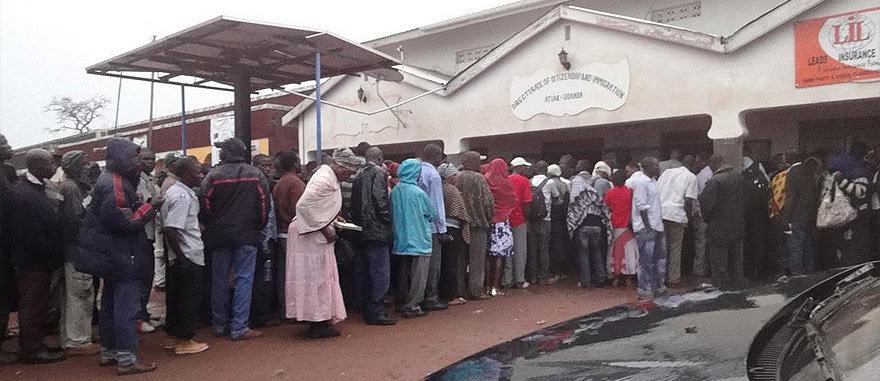
You can still try to do it at the border. The only drawback is that it takes a long time and your bus will probably leave without you – that happened to me. Also, please pay attention because I heard that the Nimule border is no longer issuing visas on arrival to Westerns. You can always try your luck if you’re far from the capitals.
Step-by-step South Sudan Visa at the border of Nimule
- When you reach the border, try to be among the first to leave the bus and go straight to the immigration office.
- First you need to register your passport at the Immigration Office, so you go straight to the registration cabin. If you get lost just ask the police and they will give you the necessary instructions.
- Registration of the passport in the house next to the stamp passports zone. Carry a photocopy of your passport and $5 dollars or 10 pounds. The guy is very slow and you will probably have to wait for him. You can make photocopies at the border but it will be better if you already have them.
- Someone will take you to the area of visas, where you will fill in a form. You will also need a photo. If you do not have one, you can also do it at the border. Here you will have to pay $50 dollars, and receive a paper called “South Sudan travel permit”. You will also receive a receipt of your visa that will be stapled to your travel permit.
- Take all the papers to the next office. Here you will have to fill in another form, delivering another photograph, and finally get your travel permit.
- Take your travel permit to the tables at the entrance of the building where you have to stamp ur passport. There are two tables, one to stamp your passport, the other to stamp your travel permit.
After all this, my bus had already gone. I had to get inside another one from the same company. It was actually good as my previous bus broke down a few dozen kilometers further on the way. I went to Juba sitting on top of the luggage in the front area near the bus driver.
Prices and cost of living in South Sudan
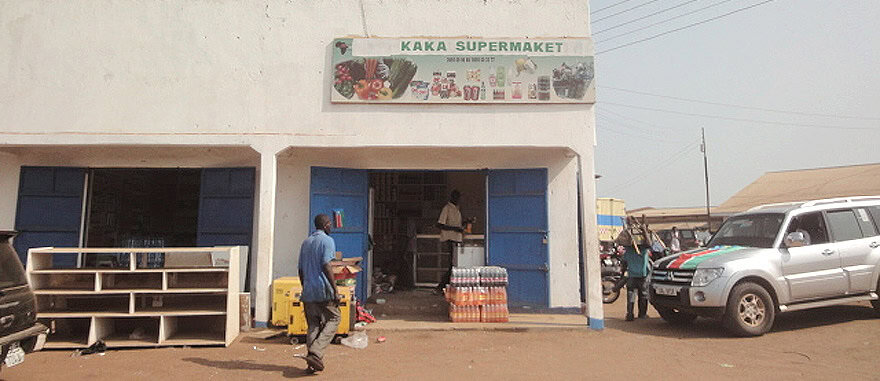
At the time I visited South Sudan, the exchange rate of the Sudanese Pound was at $1 dollar = 3.2 South Sudanese pounds. You could get up to 3.3 pounds. In Juba there are plenty of small shops and supermarkets to buy a little of everything. There are still some typical markets with lots of fruit and veggies.
Prices in Juba – South Sudan Travel Guide:
- Boda-boda moto taxi (long ride) = 5 pounds
- Bottle of water in restaurant = 2 pounds
- Bottle of water in street shop = 1 pound
- Can of fruit juice in street shop = 2 pounds
- 2 boiled eggs + plate of beans in restaurant = 2 pounds
- 2 chapat bread + fried rice with onions in restaurant = 5 pounds
- Hotel ECS Guest House = $50 dollars
- Hotel Nile Resort = $50 dollars
- Bunch of bananas in Konyo Konyo market = 5 pounds
- Water 1.5 lt = 2 pounds
- Bean samosas = 2 for 1 pound
- 1 litre Diesel = 5 pounds / lt
- Street food (smashed fava beans with onion and tomato) = 5 pounds
- Big pineapple = 9 pounds
- 1 slice of pineapple = 1 pound
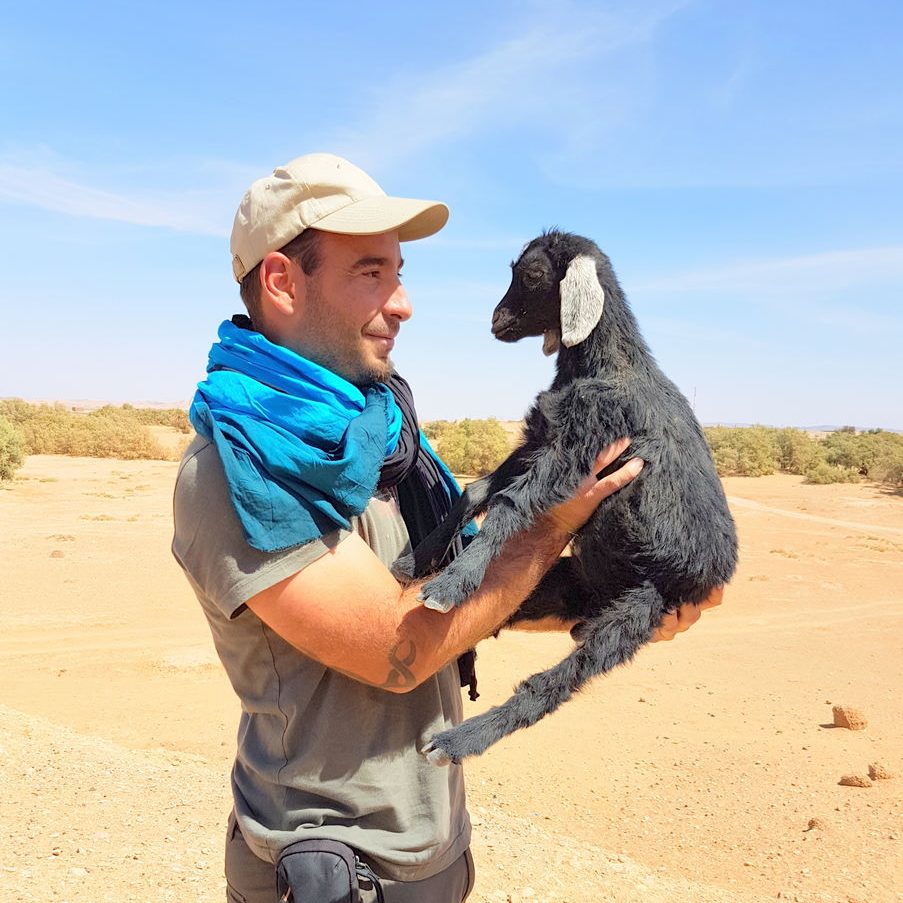
Kosovo Girl Travels
- South Sudan
Your guide to Juba, South Sudan
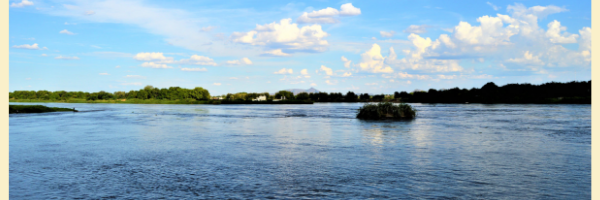
Juba, the capital of South Sudan, is not a place people think of or are advised to visit. When I decided to move to South Sudan (in Yambio ), my family and friends were worried about my safety and security, and for sure it doesn’t help at all knowing that the country is among the most dangerous ones to live in.
However, if you end up for one reason or another in Juba, here are a few things you should know:
- a Yellow Fever card is mandatory to enter the country
- the visa fee is $100
- taking pictures in Juba (and anywhere in South Sudan) is not permitted without a photography permit
- the currency is South Sudanese Pound (SSP) and at the moment (January 2020) the exchange rate to USD is 320 (subject to change) – it looks like you’re rich even when you exchange as less as $100
- the official working languages of the country are Arabic and English (so a little bit of Arabic would help your stay/visit).
Prior to moving to South Sudan, I got two books that I read and helped me understand more about what happened here and also prepared me for my move. Those are “A Long Walk to Water: Based on a True Story” by Linda Sue Park and “The Beat of a Different Drummer – My South Sudan Journey” by Jenny C. Mah; and I’m currently reading the book “Africa: Altered States, Ordinary Miracles” by Richard Dodwen which is a comprehensive book on Africa and has a chapter in Sudan (South Sudan) that explains more about the history.
Where to go and what to see in Juba?
AFEX River Camp was the first site I went to after I moved to South Sudan (outside of Tomping and the airport where I had to go back as my luggage didn’t arrive with my flight). It is also among the pioneers of accommodation in Juba, established back in 2006. Situated by the White Nile River and offering a beautiful view alongside with relatively good food (for my picky personality), it’s a great place to have your brunch or even just a drink. It doesn’t even seem like you’re in South Sudan (and now I sound just like people telling me to go to someplace in Amman which was nothing like a Middle Eastern cafe I wanted to visit. It was good but didn’t feel Jordanian.)!
What still is unclear to me is the shipwreck in the picture. I need to know what happened to it, how did it come to be there; however, I haven’t found the right person to answer these questions yet.
If you know about it, please let me know!
John Garang Square
Since photography isn’t allowed in Juba, I don’t have one to present here. But you can visit the square when in Juba. There is also a memorial site across the Garang statue but I haven’t made my way there yet and can’t tell if it is allowed to visit or not.
Garang was a politician and revolutionary leader who led the Sudan People’s Liberation Army (SPLA) from 1983 – 2005 and served briefly as First Vice-President for three weeks only due to the airplane crash on his way back from Uganda . Garang is the person you see in each of the South Sudanese currency.
Da Vinci Restaurant

Da Vinci Restaurant is by far one of my favorite places in Juba. The location is great, just by the White Nile River; their food is delicious; their service is much better than in the other places I’ve been in Juba and Yambio – faster and understandable; they also have live music which gives another vibe to the place.
I’ve been there twice so far and I guess I’ll be going back every other time I get back to Juba.
Hotel Diplomat
Hotel Diplomat is a well-known name for anyone working with UNMISS. It has access from the Tomping compound which makes it a good alternative for the staff to have a meal there as a change from the usual tukul inside the compound. Their food is relatively good, although don’t let the names fool you – always double-check if what you are ordering is the one that you’re getting. The terrace at Diplomat provides for a good environment to have a relaxed dinner.
Lily’s Cafe
Lily’s Cafe is a pretty modern place in Juba, very close to UN Tomping (located at the Airport Road). It serves a variety of food, including Chinese food and also fast food and, most importantly for me, good coffee. It also has a bakery and cakes section. Additionally, Lily’s has a supermarket where you can get your groceries and all you need while in Juba.

A restaurant and supermarket, Phenicia provides for a good place to feel out of place
(mainly for us expats as we live here and once in a while we need to mentally pretend to be somewhere else). They have good Middle Eastern food and the service is fast. Their prices are a bit high for the living standard of the local population and portions not as big as I’d love to.
Nevertheless, it is a good place and (if I am not wrong) the only one where cards are accepted.
Where to get your groceries?
In addition to Lily’s and Phenicias, I’ve heard of a new supermarket called “The Mall” which is managed by some Chinese businesspeople and their prices are more reasonable than the other two mentioned above. However, for those wanting to feel the real Juba vibe, they can go to Konya Konya – the local market where everything is available. Just be mindful of your surroundings and be careful of pickpocketers – who are found everywhere in the world, right?
Where to stay in Juba, South Sudan?
Since I’m a UN Volunteer , I can only stay at the cleared hotels form UNMISS such as Hotel Diplomat where I stayed last time. The staff at Diplomat are helpful and understanding and it helps that it is located very close to the airport.
Pin this for later and others to find it! If you have any questions, let me know!

9 thoughts on “ Your guide to Juba, South Sudan ”
- Pingback: Your guide to Entebbe, Uganda - Kosovo Girl Travels
- Pingback: Packing list for South Sudan - Kosovo Girl Travels
- Pingback: Kosovo Girl Travels: Kosovo's First Travel Blogger - Curls en Route
Hi this blog post was really helpful I am considering moving to Sudan with an NGO called CTG.
Hi Vyola. I’m glad it helped and good luck with your moving 🙂 What does CTG stand for?
I’m glad you read a few books before traveling to South Sudan- that’s one of my goals this year, to read more literature about/from places before going there. And also, thanks for sharing! You don’t see a lot of writers covering this area, so it’s nice to learn about the requirements and things to do 🙂
Thanks, Angelica. Yes,I had to read something because moving all across the world with not that much knowledge wouldn’t be the best idea haha. Unfortunately, most of the books on South Sudan were out of stock on Amazon as I’d love to get more. But now I am here and I can understand from my daily interaction with locals how life is and what they’ve gone through. When I was searching for South Sudan I couldn’t find almost anything online. That’s why I’m trying to put some light on this country with beautiful people 🙂
Thanks for reading my post!
I actually planned a trip to Sudan a while ago (but changed it to Ehtiopia now). And by reading this knowing that you are in South Sudan makes me wonder if I should actually choose to go to one of those places after all 😀 It’s so cool that you get the chance to go to South Sudan!
Thanks Marie. You definitely should visit any country that sparks your interest. Some are not as easy as the others but I believe each country has lots to offer 🙂 Maybe we can catch up in Ethiopia? When do you plan to be there?
Leave a Reply Cancel reply
Your email address will not be published. Required fields are marked *
Notify me of follow-up comments by email.
Notify me of new posts by email.
Yes, add me to your mailing list.
This site uses Akismet to reduce spam. Learn how your comment data is processed .
Related News
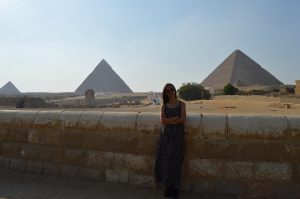
Highlights of Egypt: what to do and see in two weeks
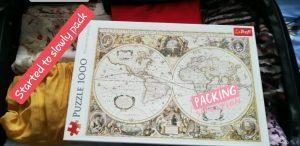
Packing list for South Sudan
You might want to read this, too.
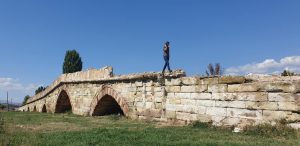
Exploring the Hidden Gems of Kosovo: Beyond the Obvious Cities (part II)

How to mark Kosovo’s 16th Independence Anniversary
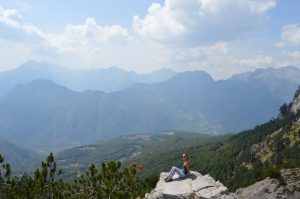
Theth to Valbona: A hike to remember
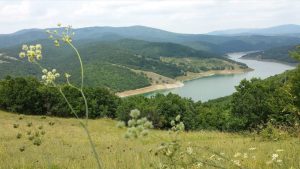
Exploring Kosovo beyond the 3 Ps (part I)
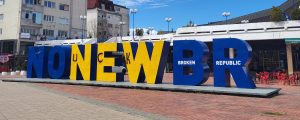
Visiting Kosovo: Frequently Asked Questions
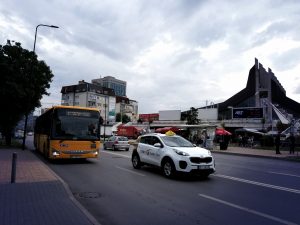
A guide to public transport in Pristina, Kosovo
Privacy overview.
You are using an outdated browser. Please upgrade your browser to improve your experience.
- Off The Map
- Environmental Pledge
- Ecosystems supported
- Destinations
- Experiences
- Best time to travel
- Five-year plan
- Donor travel
- Climate emergency
- Potted History
- Home Visits
South Sudan
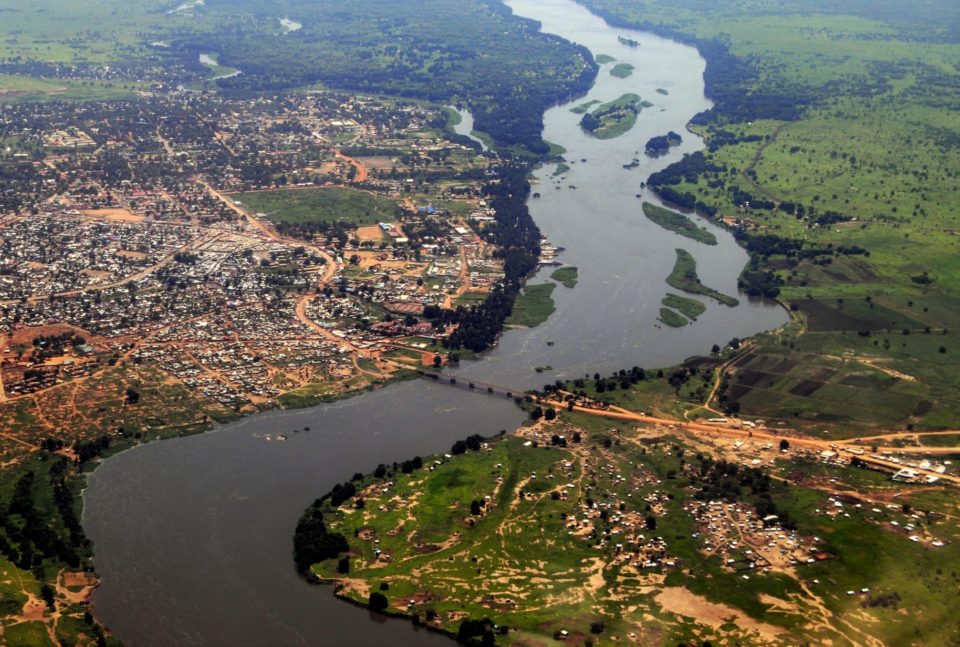
Home / Destinations / South Sudan / Juba
Juba’s status as South Sudan ’s capital is more an accident of history than a reflection of its strategic importance.
Located in the southern state of Central Equatoria, Christian missionaries originally established the town on the site of a Bari village in 1920, during the early years of Anglo-Egyptian rule. From then on, Juba evolved as the provincial capital of a far-flung outpost of the British Empire , before ultimately finding itself as the new seat of government for a young nation following decades of turmoil.
For much of its brief past, Juba remained a relatively small municipality, one which, in another quirk of history, became home to up to 10,000 Greek merchants supplying the British army with provisions. The neighbourhood of Hal Jalaba has been known as the Greek Quarter ever since. The Greek-Sudanese community has now dwindled in size. Today, Mongallese Arabs account for a significant proportion of Juba’s population, having developed a unique dialect known as Juba Arabic. This pidgin language gave the name ‘Konyo Konyo’ (meaning ‘mingling’) to Juba’s bustling central market, and, should time allow, is well worth a visit.
Investment in the city picked up pace after independence, and Juba has grown to a population of roughly 500,000 inhabitants. Yet further conflict and economic woes have severely hampered any incentive for architectural flare, minimising Juba’s appeal as a destination in and of itself. This said, Juba is nonetheless a surprisingly relaxed city of mostly low-slung buildings and enjoys a prime setting on the White Nile. See our accommodation page for the Afex Hotel, which makes the very most of its position on this iconic river.
Apart from Konyo Konyo and the White Nile, the intrepid visitor to Juba might consider visiting Jebel Kujur, a granite rock overlooking the city, a beautiful view as a reward for the effort it takes to hike there. Otherwise, there are the city’s cathedrals and mosques, its various — for those wanting to South Sudanese food — ‘nyama choma’ joints, and the likes of the presidential palace and Logali House.
For accommodation in Juba, we use the wonderful Afex River Camp .
To find out more about travel to Juba, get in touch.
Subscribe to our newsletter.
Travel ideas, conservation stories and the latest from our exploration team
Email address
What best describes you?

KITARA ROBERT
The juba experience.

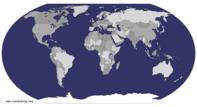
- South Sudan Tourism
- South Sudan Hotels
- South Sudan Bed and Breakfast
- Flights to South Sudan
- South Sudan Restaurants
- Things to Do in South Sudan
South Sudan Travel Forum
- South Sudan Photos
- All South Sudan Hotels
- South Sudan Hotel Deals
- South Sudan Motels
- South Sudan Hostels
- South Sudan Campgrounds
- South Sudan Casinos
- South Sudan Ski-In / Ski-Out Hotels
- South Sudan Spa Resorts
- South Sudan Luxury Hotels
- Romantic Hotels in South Sudan
- South Sudan Family Hotels
- South Sudan Business Hotels
- 5-stars Hotels in South Sudan
- 3-stars Hotels in South Sudan
- Pet Friendly Hotels in South Sudan
- South Sudan Hotels with Free Parking
- South Sudan Hotels with Pools
- South Sudan Hotels with Sauna
- Hotels with Free Wifi in South Sudan
- South Sudan Luxury Lodges
- South Sudan Hotels with Steam Room
- South Sudan Hotels with Breakfast Buffet
- South Sudan Hotels with Rooftop Bar
- South Sudan Hotels with Bridal Suite
- South Sudan Hotels with Lounge
- South Sudan Hotels with Banquet hall
- South Sudan Exotic Hotels
- South Sudan
- Things to Do
- Restaurants
- Vacation Rentals
- Travel Stories
- Rental Cars
- Add a Place
- Travel Forum
- Travelers' Choice
- Help Center
South Sudan Forum
- Africa
- United States Forums
- Europe Forums
- Canada Forums
- Asia Forums
- Central America Forums
- Africa Forums
- Caribbean Forums
- Mexico Forums
- South Pacific Forums
- South America Forums
- Middle East Forums
- Honeymoons and Romance
- Business Travel
- Train Travel
- Traveling With Disabilities
- Tripadvisor Support
- Solo Travel
- Bargain Travel
- Timeshares / Vacation Rentals
- Africa forums
WHAT TO DO IN JUBA CITY IN SOUTH SUDAN
home . blog . WHAT TO DO IN JUBA CITY IN SOUTH SUDAN
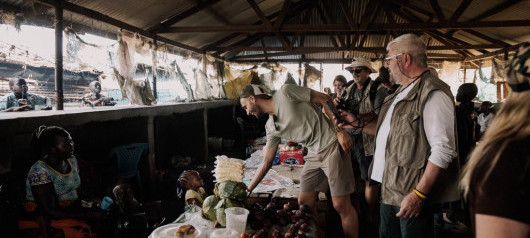
Situated in Central Equatoria, Juba city in South Sudan is one of the untapped cities on the African continent. Juba boasts of its spectacularly unique attractions and has plenty of experiences for tourists to enjoy.
Compared to some cities, Juba is one of the friendliest and fast growing cities in the world, lying along the banks of the Nile River in Africa. Its strategic location makes it an off-beaten track destination, besides being a vibrant commercial center in South Sudan.
Tourism activities to do in and nearby Juba city
Whitewater rafting
If you are looking, for that one challenging experience, then whitewater rafting should be a must do on South Sudan tour. The most challenging rafting a
ventures on the Nile River are perfectly experienced in South Sudan, besides Uganda. Whitewater rafting in South Sudan offers adventures a lifetime opportunity to challenge themselves with the toughest Nile rapids from Nimule up to Juba city. Adventure seekers navigate via areas with plenty of antelopes, crocodiles and hippos, etc.
There is a chance to make stop visits on the islands, watch interesting birds. While in Juba, visitors can be picked up and transferred to Fola waterfall in Nimule National Park. Whitewater rafting is a 8-km adventure involving conquering grade 4 rapids, perfect for experienced rafters.
Tour John Garang Mausoleum
Garang died from the helicopter crash while returning from Uganda. He had spearheaded the liberation movement which resisted the oppressive rule of the Sudanese government till the now South Sudan gained its independence. The mausoleum is set at the Avenue of Nations –this is where the country’s independence festivities are held. Garang was known by many as the father of South Sudan. At Mausoleum, there is photo of the former president and South Sudan’s flags. The tomb is strictly guarded and locked in a special enclosure.
Jebel Kabor Climbing
Rising up above the streets and houses of Juba city is a stunning Jebel Kabor hill. Hike up to the top of the hill and enjoy uninterrupted views of Juba city. You will be accompanied by an experienced guide and don’t to have a bottled drinking water.
Besides the Jebel Kabor Hill, there is also an option of hiking Imatong and Kinyeti mountains. Mt. Kinyeti rises at an altitude of 3187, and features as the highest peak in South Sudan. Imatong Mountains are remotely located at the border with Uganda and is South Sudan’s least visited mountain. Hiking this mountain is a perfect way to experience the pristine wilderness, forested slopes and also stand a chance to watch animals such as elephants, buffaloes, leopards which thrive in the Imatong Forest Reserve.
Visit the national parks of South Sudan
South Sudan is a spectacular country with some of Africa’s finest wilderness areas. A visit to South Sudan’s parks is a great opportunity to encounter the country’s diverse wildlife. The parks worth visiting on a tour in South Sudan include Boma National Park, 22800sq.km, located in Eastern part of the country. This park was created in 1986 and contains a huge concentration of mammals such as Nubian giraffes, grant’s gazelles, lions, elephants, buffaloes, leopards, Sudan cheetahs, white eared kobs and others.
Nimule National Park was established in 1954 and spans 410sq.km, featuring perennial rivers and seasonal streams. This park boasts of its picturesque landscape and holds large herds of elephants. Lantoto National Park, Bandingilo National Park, Southern National Park and Shambe National Park.
Tour Nyakuron cultural centre
A visit to Nyakuron cultural centre allows enthusiastic cultural travelers to explore and experience South Sudan’s distinct cultures, interact with locals and learn about their traditions, listen to inspirational stories, get entertained by the dances, and music performance, etc. This cultural center was set up in 1976 primarily to showcase South Sudan’s unique cultural heritage. It has a beautiful garden, outdoor stage, night club and others.
The All Saints Cathedral
All Saints Cathedral is Juba’s major Christian worship center and situated around Gombura and Lanya Street. Several influential people in Juba gather at this worship centre and each Sunday, there are 3 services conducted –English, Arabic and Zande.
Watch wrestling
Wrestling is one of the traditional sport activities in South Sudan. The participants challenge each other in front of a huge crowd of spectators. The winners get rewarded with cash/heads of cattle. This sport activity is often done during weekends.
Tour Dinka cattle camp/cattle market
The Dinka are South Sudan’ biggest tribe and also the most influential group in government. They are nomadic pastoralists, with cattle playing the most significant role, and considerably the main determinant of individual and families’ status. At the cattle market, you will be watching people as they bring their cattle for sale.
Where to stay
The available accommodation facilities to consider for a night stay in Juba include budget, midrange and luxury. The different hotels to book include Hotel VIP, Hotel ECS Guesthouse, Hotel Nile Resort and others.
Book With Confidence
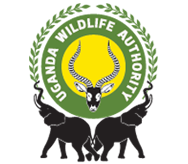
THE African ENCOUNTERS
From Nairobi to Juba by road — the Experience of a Kenyan Traveller
A travelogue on journeying from nairobi to juba through kampala — from daniel many owiti.
The Kalahari Review
Kalahari Review
The easiest way to travel to Juba, the Capital city of South Sudan from Nairobi, the capital City of Kenya, by road is to pass through Kampala, the capital city of Uganda.
There are many buses plying Nairobi-Kampala route. Most can be found along River Road or around there. Mash Poa, Simba Coach, Modern Coast, Trinity coach, Buscar, Crown bus, Mombasa Raha, Spanish Coach, La Face, just to mention but a few.
One-Stop Border Posts
The fare from Nairobi to Kampala ranges between one thousand eight hundred and three thousand Kenya shillings. You will find buses leaving Nairobi at five PM, six PM, eight PM, nine PM and even ten PM. Some will pass Nairobi-Kisumu-Busia route, some Nairobi-Eldoret-Busia route while others will prefer Nairobi- Eldoret-Malaba route.
Most of these buses will arrive in Busia or Malaba borders early in the morning. The good thing is, both borders operate twenty-four hours. This means even if travellers arrive at either of the borders as early as 3 AM, they will still be attended to by immigration officers on the Kenyan side and immigration officers on the Ugandan side.
Travel documents
Contrary to what many citizens of East African Countries think, one still needs travel documents to pass through the borders. At least a national Identification card and a Yellow fever Certificate. It will be an added advantage if you carry your passport with you. This will save you the hustle of filling a certain form which stands in place of your passport. Also, you will fill another “entry form” stating how many days and nights you will spend in Uganda.
It is an immigration procedure to take a passport size picture of you as well as your fingerprints before your passport (or that equivalent form) is stamped “exit” on the Kenyan side and “Entry” on the Ugandan side.
Because you are going to Juba, you also need to, while still in Nairobi, process and acquire a Visa. For a Kenyan, a South Sudanese Visa costs fifty USD (approximately five thousand Kenya shillings). If you have Kenyan shillings, you will have to actually change it into USD. They strictly do not accept Kenya shillings. You can apply for the visa at the Embassy of South Sudan, off Galana road. It will only take forty-eight hours to process.
If you are going to work or do business in South Sudan, you Will also need to get a work permit. At the Kenya-Uganda borders, they will not ask you for a Visa or a work permit. They will only ask for your Yellow fever certificate, National ID and a passport (or equivalent form which you fill at the border at no cost).
New currency
When you’re done with the immigration, you will be allowed to enter Uganda. You will find your bus waiting for you on the Ugandan side. Also, you will find money vendors waiting for you. They will pester you to exchange your Kenyan shilling and/or USD into Ugandan shillings. One Kenya shilling ~thirty-five Uganda Shillings.
You can decide to forex trade with these vendors operating by the roadside or choose to exchange your money inside the immigration offices which is more safe and genuine. Better still, you can decide to do the exchange when you arrive in Kampala City.
Five Hour drive, Roasted chickens
From Busia border to Kampala City is roughly a five-hour drive. Just like in Kenya, you keep left while driving in Uganda.
Uganda is very green. You will feast your eyes on the green scenery lining the road from Busia border all the way to Kampala and also from Kampala all the way to Nimile border (Uganda-South Sudan border). Another thing to feast on is the roadside roasted chicken and maize. Very delicious.
You will pass through three major towns before you finally arrive in Kampala. The one town that you will not forget is Jinja. I think you will remember it because of the enormous bridge and of course the Lake Victoria. Also the vast sugarcane plantation and the numerous industries (amongst them a brewery and a sugar factory). Jinja is an industrial town.
Swarm of motorcycles
Well, Kampala is Just like any other city. Like Nairobi. The only notable difference is the presence of millions of motorcycles in the city. This makes it look a bit chaotic. Every road junction or a roundabout, you will be amazed at the swarm of motorcycles crisscrossing each other. It is a wonder, a miracle even, how they manage not to bump into each other.
Life in Kampala is cheaper compared to life in Nairobi. The price of goods and services is almost half the price of the same goods and services in Nairobi. So if you are not planning to spend many days in Kampala, you don’t need to change a lot of money. Even three thousand Kenya shillings should be enough for a two days stay in Kampala, gorging yourself with chicken and beer.
Another convenience a Kenyan traveller in Kampala will experience is the availability of Mpesa mobile money transfer services and the use of Kiswahili language. In fact, some traders in Kampala even accept Kenyan money.
Twelve-hour border operation
Most buses operating along Kampala-Juba route prefer to leave Kampala at around nine PM and travel during the night so as to arrive at the Nimile border in the morning.
The fare from Kampala to Juba is seventy thousand Uganda shillings (around two thousand Kenya shillings). You can pay in Kenya shillings, Uganda Shillings, South Sudanese Pounds or US Dollars.
The bad thing is, the Uganda-South Sudan border does not operate twenty-four hours. So even if you arrive at the border at three AM, you Will have to wait until five AM when the Ugandan side of the border is opened.
The procedure is basically the same. Queue, present your papers, have your photo taken, have your fingerprints taken and finally have your passport stamped “Exit” on the Ugandan side of the immigration.
After that, you cross a bridge to the other side of South Sudan. You then enter the immigration offices and queue. There are two lines. One for South Sudanese nationals and another for foreign nationals.
Here is where you also remember to carry your Visa and work permit. If you don’t have a Visa, you pay fifty USD and they process for you one. If you don’t have a work permit, you Will be in trouble. Might part with some undisclosed amount of money. If you don’t have a yellow fever certificate, you will not proceed to enter South Sudan. When your papers are in order, they will stamp “Entry” on your passport and allow you to enter South Sudan where you will find your bus already waiting for you.
Money vendors will also be eagerly waiting for you to exchange your Kenya shillings, Uganda Shillings or US dollars into South Sudanese Pounds (SSP). One hundred USD~ thirty-two thousand SSP.
Security Convoy
Unlike in Kenya or in Uganda, your bus will not proceed after clearing with the immigration. The bus will park and wait for other buses coming from Uganda. When all of them, around eight or ten buses, have cleared with the immigration, two security vehicles full of soldiers wielding machine guns, one in front and the other at the back, will accompany the buses from Nimile border to Juba City as a security measure.
Another thing you will notice is that the vehicles keep right. Also, they drive at a relatively high speed. I hear this is also a security precaution
The drive from Nimile border to Juba Takes around six hours inclusive of a one hour mandatory stop over at a place approximately halfway. Here, the eight or ten buses coming from Uganda meet up with around the Same number coming from Juba. This place is also a trading centre so passengers are allowed to buy food and drinks and given small time to alight and relieve themselves in the nearby bushes.
Juba is an expensive town. Here you will need good amount of money to survive. For a one week stay, you can easily gobble down two-hundred US Dollars (around twenty thousand Kenya shillings.)
The trick is to find someone to host you so that you only spend on food, drinks and motorbike/ Matatu rides.
The language they speak here is Arabic. Some can speak English but most of them speak Arabic so many times you will find it hard to communicate clearly.
Juba is hot. You will sweat. But their fried meat (Sheya) is the best you will ever eat.
Daniel Many Owiti , popularly known by his pen name “Ordinary Mind” is a Kenyan creative writer. He writes poetry, Short stories (fiction and creative non-fiction), essays and news/opinion articles. His poetry has appeared in Kalahari Review, Nyanza Literary Festival, Jalada Africa, Nalubaale Magazine, Parents Magazine etc. His essays and news/opinion articles have been published in The Daily Nation, The Standard, The South Rift Herald, Hivisasa, etc. He is currently working on his first novel titled “Kano.” and first Poetry anthology titled “The virgin from Mavoko.” You can read more of his work on this blog danielmany and follow him on Twitter @danielmany .

Written by The Kalahari Review
Where Africa tells her stories
More from The Kalahari Review and Kalahari Review

The Girl Next Door
A story about a girl and a boy who grew up as next-door neighbours — terna abu.

The Eternal Circus of Clowns
The story of members of a religious cult reviewing their life on earth after starving themselves to death — from simiyu barasa.

Hundred Ways to Kill Your Husband

The Conference Sexcapade
A story about how a young female lawyer slipped and fell into a married man’s bed — from elo osiki, recommended from medium.
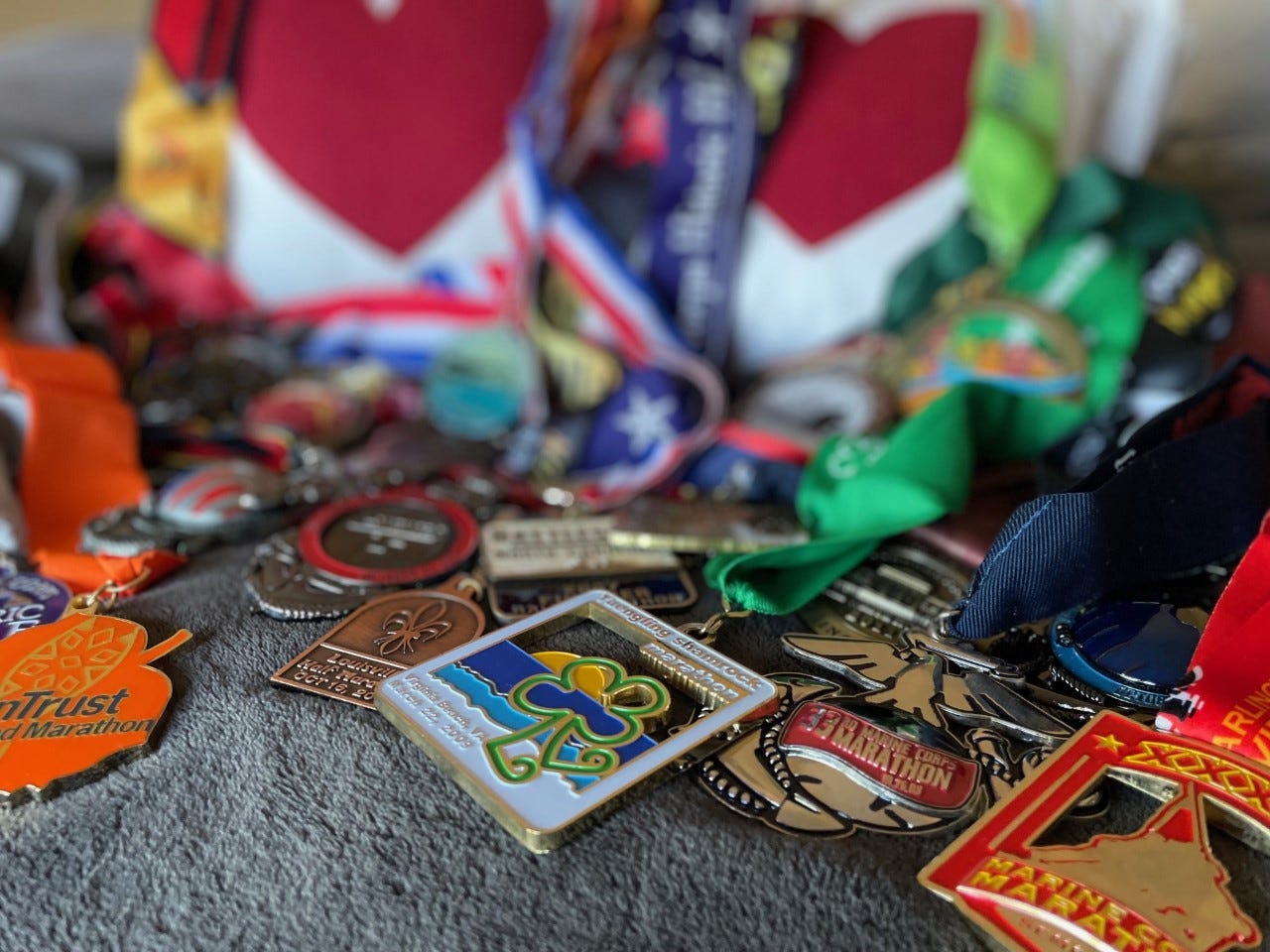
10 Seconds That Ended My 20 Year Marriage
It’s august in northern virginia, hot and humid. i still haven’t showered from my morning trail run. i’m wearing my stay-at-home mom….

Kallol Mazumdar
ILLUMINATION
I Went on the Dark Web and Instantly Regretted It
Accessing the forbidden parts of the world wide web, only to realize the depravity of humanity.
Company Offsite Reading List
Medium's Huge List of Publications Accepting Submissions
Visual Storytellers Playlist

Our favorite writing prompts and inspiration

Blessing Nwankwo
Benefits of Fornication.
Sex is sweet..

Karolina Kozmana
Common side effects of not drinking
By rejecting alcohol, you reject something very human, an extra limb that we have collectively grown to deal with reality and with each….
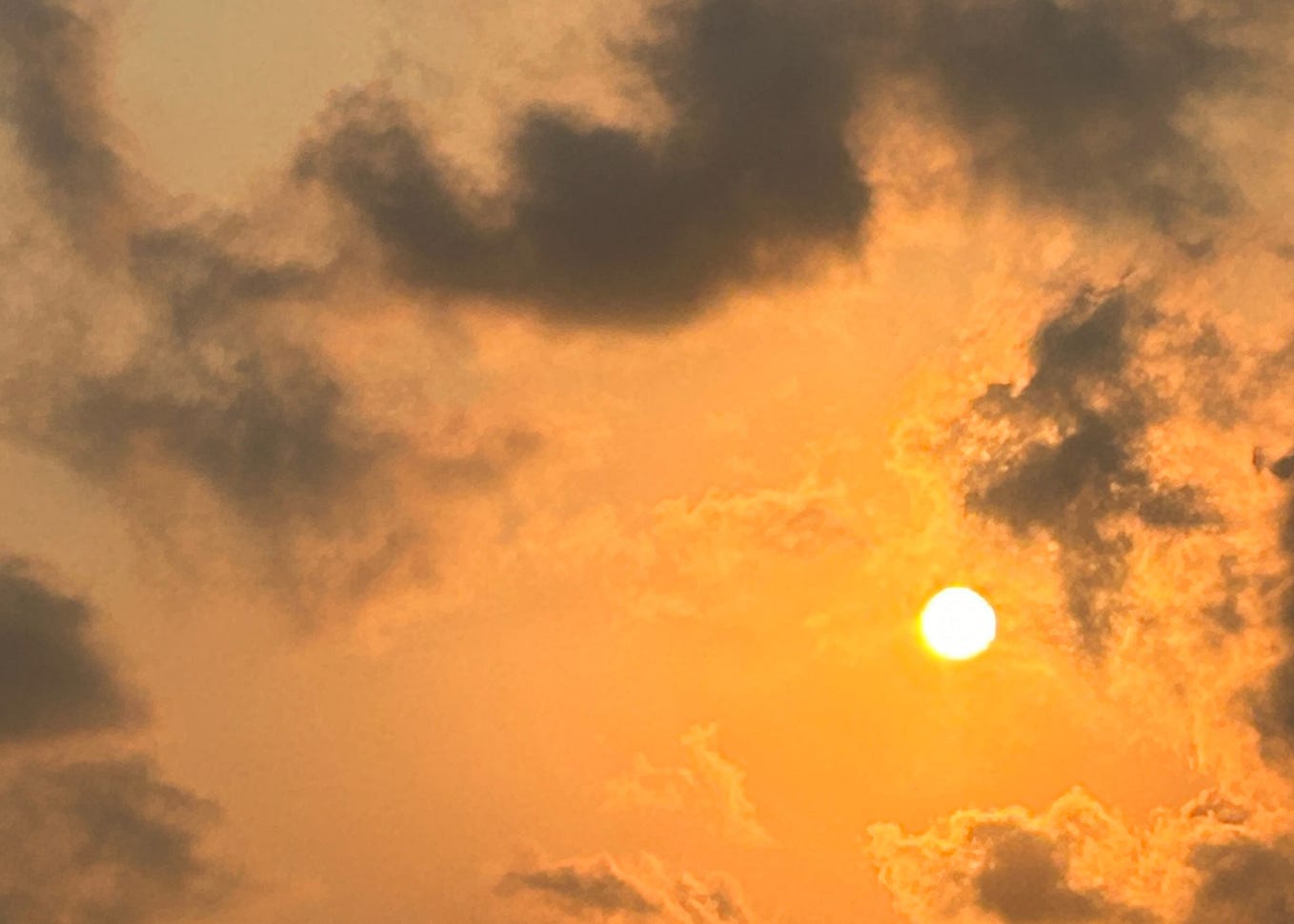
Similoluwa Kunle-Oni
To the tired, lonely, and unhappy.
I see you’re wearing your mask again today. but you’re not wearing it so well because i can see the pain behind it..
Text to speech
- 1.1 By plane
- 9 Stay safe
- 10 Stay healthy
- 11.1 Embassies and consulates
Juba is the largest city and capital of South Sudan . Juba is on banks of the White Nile River. In 2017, it had a population of 525,000 people.
The city has been growing quickly since it was named capital of South Sudan in 2005.
Get in [ edit ]
By plane [ edit ].

Direct commercial flights from Nairobi (Kenya Airways and others) and Addis Ababa (Ethiopian Airways) to Juba are the most popular entry routes. Multiple daily flights from Khartoum , Sudan (costing around US$200) and Entebbe , Uganda are also available. Charter and UN flights are also available from Lokichokio. Egyptair has direct flight twice per week from Cairo .
Ethiopian Airlines, Kenya Airways and Egypt Air provide the most convenient single carrier routes from Europe, usually not requiring a lengthy stopover.
Juba airport, having been rated the worst airport in the world by many media outlets, has now opened an upgraded terminal building. Whilst far from international standards, it is a vast improvement on the previous horrendous experience. As of February 2019, passengers must visit the Ebola screening point before entering the terminal building. there is a form to fill out, then a measurement of body temperature with a non contact thermometer. After this, arrival procedures are not too bad. Customs will still inspect all bags for dutiable materials. Departure is similarly improved. Whilst check-in may be a bit slow, other parts of the process are OK. There are a few shops and reasonable cafés before and after security. The gate areas have seating, air conditioning and TVs.
By bus [ edit ]

If overlanding, daily buses run from Kampala taking a minimum of 12 hours if the roads are dry, but it only takes one broken down truck or deep flooded muddy pothole to add hours to the journey. Departure at 03:00 (Nile Coach near Gateway in the city center of Kampala ) with an overnight stop in Yumbe. No regular buses run to Kenya although some trucks run the route, most Kenyan traffic runs through Uganda as the roads are in better shape.
If flying down from Khartoum, bring your passport, although you don't need a separate visa in addition to the standard Sudanese one your passport will be checked for a Sudan visa at Juba airport.
If overlanding from Kenya or Uganda , it is still advisable to get your travel permit/visa for southern Sudan (GOSS office in Nairobi or Kampala, 100 USD and only a one-month, single-entry visa is available), it will save you a lot of hassle at the border.
Also: daily buses run from Kampala with Sudanese ownership (LOL brand). About 12 hours. No overnight in Yumbe. Through Gulu and Atiak.
Unless cost is an issue, take the plane from Entebbe to Juba. The bus is a great cultural journey, secure-but-dusty, and the southbound trip in daylight affords great views of the countryside. The northbound trip during night-time offers police checkpoints and pee stops in desolate places.
Visa [ edit ]
Visas are required by most people entering South Sudan. In theory, visas are available on arrival at Juba airport for US$100. However the rules surrounding their issue are unclear. Immigration officials will often invent rules to suit their own needs. At the very least, you should have an invitation letter from a local company/organisation and you will need someone with local connections to be sure of getting a visa. It is better to obtain one in London, Nairobi, Addis Ababa, Washington DC, Paris, Berlin, Geneva, Brussels, Delhi, Beijing, or other cities with South Sudanese embassies before arrival.
All visitors must register their presence in the country within 72 hours of arrival. Procedures have changed by February 2019. Visitors must now do this in person. A passport photo is needed and a fee must be paid. The Juba registration office is no longer near the Rainbow hotel. It is in an unmarked office on the first floor of a commercial building. Look for the crowd on the pavement outside where they fill out the form and have a photocopier.

- 4.83309 31.61083 1 Directorate of Immigration Alien Registration ( East Juba, off of Konyokonyo Road ). Register here. ( updated Mar 2019 )
Get around [ edit ]
Juba is a small town with big plans. You can walk through most of it in a few hours - however, the town is quite spread out in to 3 areas - Juba Town, Government ministries, and the Nile camps - and it's a long, hot, dusty walk between the three. It is also not recommended to walk because of the high risk of crime. If you are coming here to live and work, a car is essential to get around - although there are a lot of boda bodas (motorbike taxis) running during the day.
The roads are mostly unsealed, but you can get by in a saloon - although after a heavy rain it's 4x4 only. However, the roads are improving rapidly with much grading and tarring going on.
A really great map of Juba town is available in Jit Supermarket and online at OpenStreetMap.
By car [ edit ]
- Wiltins Transporters , MTC Centre , ☏ +249 955 104 240 , [email protected] . Offers 4-wheel drive vehicles to get you through the muddy roads. Rates are attractive: drivers are experienced and friendly.
See [ edit ]
- "Greek" buildings . In the 1920s the city grew rapidly, and about 2,000 Greeks lived here working as merchants and tradesmen. Many of the city's major public stone buildings like the Ivory Bank, Notos Lounge, the old Sudan Airways Building, Paradise Hotel, Nile Commercial Bank and Buffalo Commercial Bank were developed by Greeks at this time, as were later the Central Bank and Juba Hotel buildings. ( updated Aug 2018 )
- 4.849282 31.581489 2 Dr. John Garang Mausoleum . Final resting place of Dr. John Garang, who led the Sudan People’s Liberation Movement to gain independence for South Sudan in 2011. He passed away in a helicopter crash before independence was achieved. Closed to the public and guarded, but across the street is a statue that can be visited. ( updated Jul 2020 )
Do [ edit ]
Plan to entertain yourself as there is not much to see or do. However, due to the many expats including many Kenyans, Ugandans and the hundreds of westerners there are numerous bars, restaurants and nightspots. There is something going on most weekends. You can also take a boat trip on the Nile, go fishing, go jogging, and there's a Hash House Harriers in Juba.
But even then if coming here to work for an extended period, bring out lots of books, DVDs, etc.
Buy [ edit ]
Everything is trucked in from Uganda, hence things are expensive - however, as more traders set up shop in Juba so supplies are increasing and prices are falling - but still expect most things to cost 30% - 100% more than it would cost in Kampala.
The Customs Market is the prime shopping area, with fresh fruit, over-priced building materials and the usual mix of consumer goods.
The air-conditioned JIT supermarket is next to Juba Raha Hotel. Jit advertises to have ‘everything under one roof’ and it almost does. Open to the public, Jit stocks a large number of toiletries including good quality soaps and shampoos and, perhaps more importantly for some, alcohol including beer, wine and spirits. Prices are reasonable given the alternative cost of having to bring things in by air yourself (and usually paying for excess luggage) and the owners promise to increase their stock with electronics/home appliances, cigarettes and perfumes. There is a decent selection of wine starting from US$8 a bottle.
Everywhere will accept Sudanese pounds, even if prices are quoted in US dollars. You can change British pounds and Ugandan shillings at the Kenya Commercial Bank in town for rates in line with those in Khartoum (and at better rates than those quoted on xe.com )
- Roots Project , Nimra Talata ( behind basketball court ). This is a new co-op for women to make and sell traditional handicrafts, including beading, from simple single strand necklaces to complex Dinka belts and basket weaving.
Eat [ edit ]
The Village and Da Vinci camp are battling over who cooks the best pizza in town. Home and Away has some average food at western prices in western-ish surroundings. Numerous tent camps line the Nile, and all look the same, buffets tend to be the norm. Prices vary widely. Worth seeking out Rock City for the views over Juba.
- 4.825076 31.609769 1 Da Vinci's Restaurant ( South of centre, where the A43 passes White Nile ). A bit on the expensive side, but great atmosphere and views over the Nile, sometimes has live music. About US$30 for a meal . ( updated Jul 2016 )
- 4.852285 31.620235 2 Notos Lounge Bar & Grill ( Opposite Hamza Inn ). A smart restaurant with outdoor seating area. The tandoori grill is recommended. ( updated Jul 2016 )
Drink [ edit ]
A cold beer is easy to find in Juba, in strong contrast to the North, but the best stocked bar in Juba is Fresh Freddies - everything from a 20yr old malt whisky to sambuca shots to vodka slush puppies.
Sleep [ edit ]
The accommodation boom is finally impacting on prices - tents are becoming less popular with air conditioned prefabs now the norm (many 'hotels' are simply a collection of prefabs). Prefabs with a/c are around $150 per night, safari-type tents US$80 to $100. However demand, and hence prices rise, when a big conference is in town. Most accommodation is full-board, with breakfasts, lunches and dinners 7 days a week. In Juba, hotel-land hot showers are now the luxury to seek out, rather than air conditioning, which is easy to find.
- 4.869074 31.538828 1 Acacia Village , Mundri Rd, Gudele , ☏ +249 905311056 . The top end of accommodation and at reasonable prices. Swimming pool, Tennis court and AC rooms in permanent (not plastic prefab) buildings. Very good security. From US$195 .
- 4.83824 31.61662 2 AFEX Camp ( AFEX River Camp ), Cemetery Road, Hai Malakai , ☏ +211 922690513 . Pleasant site on the bank of the Nile river. Accommodation is in air conditioned bungalows. There is a good bar/restaurant on site with views over the Nile. ( updated Feb 2019 )
- Beijing Juba hotel is expensive, but clean and efficient.
- Bros Hotel (on the Nile). Secure, clean, older manufactured housing (two hotel rooms per unit). 84 units with ensuite bathrooms. Air-conditioned. Power is on all night; may vary during the day. Good restaurant and grounds. US$50/night for double bed.
- Family hotel , Muluk Rd ( next to University of Juba ). Check-in: 12:00 , check-out: 11:00 . Single/double room. US$20 . ( updated Jun 2015 )
- Hamza Inn , Near Equity Bank, Juba Town , ☏ +256 47710 6798 , +249 092285 5057 . Air-conditioned, self-contained rooms with dining & conference. 3-5 min walking distance from KCB & Equity Bank.
- Holiday Hotel , ☏ +2499 2658 7991 . Good en suite rooms with TV. Bar and restaurant in the hotel. Tight security. Wired internet (free ethernet cable provided). AC and hot showers.
- 4.825912 31.610166 3 Juba Bridge Hotel , juba ( Nimule-Torit Road ), ☏ +211 95 501 3542 (mobile) . Offers a very nice view of the Nile. Serene and calm
- Juba Landmark Hotel , Hai Cinema Juba . Fairly large hotel with outdoor pool, restaurant, and bar. starts at US$100 .
- Mango camp is popular.
- Oasis Camp , ☏ +249 955024839 . Good for prefabs by the Nile (with free wireless internet and a small gym). Great food.
- Quality Hotel .
- 4.85721 31.58684 4 Rainbow Hotel , 28th St Bowker Boulevard, Juba, South Sudan . Popular hotel near to the US and EU embassy compounds. Good food at the restaurant. ( updated Feb 2019 )
- Summer Palace Hotel , 200m from Nile Commercial Bank in Juba town centre , ☏ +256 477100050 , +256 477106433 , [email protected] . En suite rooms with hot shower, wireless internet, DSTV, Chinese restaurant from US$100 per night, inc breakfast .
- 4.85994 31.60082 5 Tulip Inn , Hay Matar, block xvi, plot 29, Juba , ☏ +211954500500 . Popular high end hotel not far from the airport. Bar, restaurant with European and Lebanese menus and a swimming pool. ( updated Feb 2019 )
Stay safe [ edit ]
See the warning at the South Sudan article for information on the security situation.
There have been instances of armed robbery and muggings of foreign nationals. Take extra care with any travel at night.
Landmines remain outside in some areas the city.
Stay healthy [ edit ]
Connect [ edit ].
Radio broadcasts are available from BBC World Service in English on 88.2MHz and Arabic on 90.0MHz.
Embassies and consulates [ edit ]
Cope [ edit ], go next [ edit ].
Daily flights to Nairobi , Khartoum , Entebbe and Addis Ababa are available.
There are weekly barges from Juba to the north. It will take 10 days to 2 weeks from Juba to Kosti (250 km south of Khartoum), it is hot, bring your own food and water and something to create some shade. From Kosti, there are daily busses and minibuses to Khartoum.
Other than flying, it is quite difficult to get out of Juba without your own transport (hired vehicles come with a driver who is instructed not to leave Juba). Even walking out of town into the countryside is difficult as the semi-rural sprawl of Juba extends for miles of shacks and squatter housing (even on the eastern side of the Nile). Lots of paths out of town end up at one of the many army camps, who are not keen on trespassers.
- Has custom banner
- Has mapframe
- Has map markers
- See listing with no coordinates
- Buy listing with no coordinates
- Sleep listing with no coordinates
- All destination articles
- Usable cities
- Usable articles
- City articles
- Has Geo parameter
- Pages with maps
Navigation menu

News & Updates
Latest from food blog.

Getting around the difficulties of processing travel visas.
Juba Royal Travel
Travel Tips & H...
While visiting a distant nation can be thrilling, applying for a visa can be a difficult procedur...

How to get a travel work permit: A Step-by-Step guide.

A guide to the different types of travel accommodations, "Exploring yo...
Adventure Escap...
Depending on the destination and individual interests, there are a wide range of lodging options...

A guide to a safe and enjoyable journey: Prioritizing health and safet...
Although traveling can be an exciting and enlightening experience, it's crucial to put your healt...

A safe and comfortable flight on Uganda Airlines: Exploring the skies.
Travel Technolo...
The national airline of Uganda, Uganda Airlines, is headquartered in Entebbe. Since its founding...
Our Address
Crown Hotel, Opposite Reception
+211926108110 | +211917508110
Park Royal Mall, Buganda Road
+256704729460 | +256774835696
Quick Links
Subscribe our newsletter to get our latest news & updates
Website By Favione
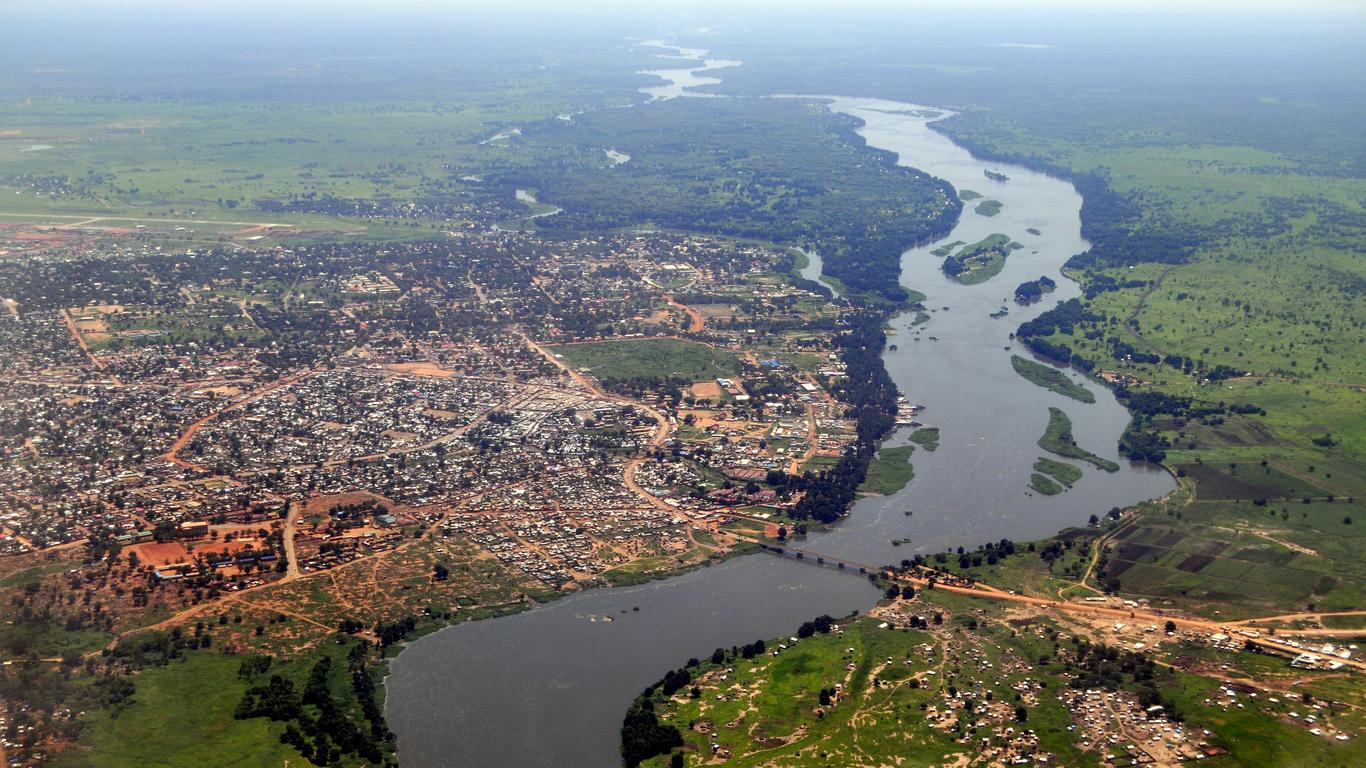
Juba travel guide
Juba tourism | juba guide, you're going to love juba.
With 300,000 inhabitants, Juba is the most populous city in South Sudan. It is the most popular tourist destination in the country. Consider staying at least one whole day in Juba to see all of its attractions.
When to visit Juba
How to get to juba.
When flying to Juba, you’ll arrive at Juba (JUB), which is located 3 km from the city centre. The shortest flight to Juba from the United Kingdom departs from London and takes around 12h.
Airports near Juba
Airlines serving juba, where to stay in juba.
Average rates range from around £88 per night for a double room in a 3-star hotel to £120 and up for a 5-star experience.
Where to stay in popular areas of Juba
We’re sorry, this site is currently experiencing technical difficulties. Please try again in a few moments. Exception: request blocked
Update April 12, 2024
Information for u.s. citizens in the middle east.
- Travel Advisories |
- Contact Us |
- MyTravelGov |
Find U.S. Embassies & Consulates
Travel.state.gov, congressional liaison, special issuance agency, u.s. passports, international travel, intercountry adoption, international parental child abduction, records and authentications, popular links, travel advisories, mytravelgov, stay connected, legal resources, legal information, info for u.s. law enforcement, replace or certify documents.
Before You Go
Learn About Your Destination
While Abroad
Emergencies
Share this page:
South Sudan
Travel Advisory July 31, 2023
South sudan - level 4: do not travel.
Reissued with obsolete COVID-19 page links removed.
Do not travel to South Sudan due to crime, kidnapping, and armed conflict.
Country Summary : Violent crime, such as carjackings, shootings, ambushes, assaults, robberies, and kidnappings is common throughout South Sudan, including Juba. Foreign nationals have been the victims of rape, sexual assault, armed robberies, and other violent crimes.
Armed conflict is ongoing and includes fighting between various political and ethnic groups. Weapons are readily available to the population. In addition, cattle raids occur throughout the country and often lead to violence.
Reporting in South Sudan without the proper documentation from the South Sudanese Media Authority is considered illegal, and any journalistic work there is very dangerous. Journalists regularly report being harassed in South Sudan, and many have been killed while covering the conflict.
The U.S. government has limited ability to provide emergency consular services to U.S. citizens in South Sudan. U.S. government personnel in South Sudan are under a strict curfew. They must use armored vehicles for nearly all movements, and official travel outside Juba is limited. Due to the critical crime threat in Juba, walking is also restricted; when allowed, it is limited to a small area in the immediate vicinity of the Embassy and during daylight hours only. Family members cannot accompany U.S. government employees who work in South Sudan.
Due to risks to civil aviation operating within or in the vicinity of South Sudan, the Federal Aviation Administration (FAA) has issued a Notice to Air Missions (NOTAM) and/or a Special Federal Aviation Regulation (SFAR). For more information U.S. citizens should consult the Federal Aviation Administration’s Prohibitions, Restrictions, and Notices .
Read the country information page for additional information on travel to South Sudan.
If you decide to travel to South Sudan:
- Exercise extreme care in all parts of the country, including Juba. Travel outside of Juba with a minimum of two vehicles along with appropriate recovery and medical equipment in case of mechanical failure or other emergency.
- Avoid travel along border areas.
- Avoid demonstrations and public gatherings. Even events intended to be peaceful can become violent.
- Be aware that photography in public is strictly controlled and you are required to obtain authorization from the Ministry of Information before taking any photographs or video in public – including while inside a vehicle.
- Monitor local/international news and consular messages .
- Enroll your trip in the State Department's Smart Traveler Enrollment Program (STEP) .
- Review your personal security plan and visit our page on travel to high risk areas.
- Draft a will and designate appropriate insurance beneficiaries and/or power of attorney.
- Discuss a plan with loved ones regarding care/custody of children, pets, property, belongings, non-liquid assets (collections, artwork, etc.), funeral wishes, etc.
- Share important documents, log-in information, and points of contact with loved ones so that they can manage your affairs, if you are unable to return as planned to the United States. Find a suggested list of such documents here .
- Establish your own personal security plan in coordination with your employer or host organization, or consider consulting with a professional security organization. Your plan should include sheltering in place, maintaining outside communication, and a personal evacuation plan via commercial means.
- Develop a communication plan with family and/or your employer or host organization so that they can monitor your safety and location as you travel through high-risk areas. This plan should specify who you would contact first, and how they should share the information.
- Be sure to appoint one family member to serve as the point of contact with hostage-takers, media, U.S. and host country government agencies, and Members of Congress, if you are taken hostage or detained.
- Establish a proof of life protocol with your loved ones, so that if you are taken hostage, your loved ones can know specific questions (and answers) to ask the hostage-takers to be sure that you are alive (and to rule out a hoax).
- Leave DNA samples with your medical provider in case it is necessary for your family to access them.
- Erase any sensitive photos, comments, or other materials from your social media pages, cameras, laptops, and other electronic devices that could be considered controversial or provocative by local groups.
- Leave your expensive/sentimental belongings behind.
- Follow the Department of State on Facebook and Twitter .
- Review the Country Security Report for South Sudan.
- U.S. citizens who travel abroad should always have a contingency plan for emergency situations. Review the Traveler’s Checklist .
- Visit the CDC page for the latest Travel Health Information related to your travel.
Embassy Messages
View Alerts and Messages Archive
Quick Facts
Yes, obtain in advance.
Yellow fever.
Embassies and Consulates
U.s. embassy juba.
Kololo Road, Tongping Juba, South Sudan Telephone: +(211) 912-105-188 (Monday through Friday, 8:00 a.m. to 12:00 p.m.) Emergency After-Hours Telephone: +(211) 912-105-107 Email: [email protected]
Destination Description
Learn about the U.S. relationship to countries around the world.
Entry, Exit and Visa Requirements
Please visit the Embassy’s COVID-19 page for more information on entry/exit requirements related to COVID-19 in South Sudan.
Requirements for Entry:
- Passport with two blank pages, valid for six months after date of entry
- Visa obtained before arrival
- World Health Organization (WHO) card with yellow fever vaccination
- If traveling while assigned to the United Nations, you must obtain pre-authorization from the Government of South Sudan prior to your arrival. Contact the United Nations for additional information.
Visit the Embassy of the Republic of South Sudan website for the most current visa information.
If you are staying longer than three days, register with the Department of Immigration and Aliens Control at the Ministry of Interior in Juba.
Do not work without a work permit or your passport could be temporarily confiscated. A work permit and/or long-term visa may be obtained at any Republic of South Sudan Immigration office.
Requirements for Exit:
- Proof of Yellow Fever vaccination. Countries with direct flights from South Sudan (including Kenya and Ethiopia) typically require yellow fever immunization for passengers arriving from South Sudan.
- South Sudanese passport must be presented if you are a dual U.S -South Sudanese citizen. South Sudanese authorities have delayed or detained dual U.S.-South Sudanese nationals attempting to use their U.S. passport to depart South Sudan.
- Sudanese visa or entry permit obtained in advance when traveling from South Sudan to Sudan.
The U.S. Department of State is unaware of any HIV/AIDS entry restrictions for visitors to or foreign residents of South Sudan.
Find information on dual nationality , prevention of international child abduction and customs regulations on our websites.
Safety and Security
The U.S. Embassy’s ability to provide consular services outside of Juba, even in emergencies, is extremely limited.
Land mines remain a hazard, especially outside of Juba.
Armed conflict between various political and ethnic groups continues throughout the country.
- Exercise extreme care in all parts of the country, including Juba.
- Be vigilant when traveling outside of cities and avoid travel along border areas.
- Monitor local/international news and consular messages .
Crime: The population has ready access to weapons due to years of civil war, inter- and intra-ethnic conflict, and political unrest.
In Juba , the most frequently reported violent crimes include armed robbery, carjacking, and home invasion. Criminals target people who are walking, driving, traveling alone or in small groups, especially at night. Most criminal incidents affecting Westerners appear to target victims based on perceived wealth and vulnerability rather than nationality. Criminals frequently wear security service uniforms, carry military weapons, and use the ruse of security check points or official business to stop individuals or gain access to compounds.
Outside Juba , road ambushes and roadside crime are common and often involve violence. Violent crimes (murder, armed robbery, home invasions, cattle raiding, kidnapping) and non-violent petty theft and fraud are pervasive.
Throughout the country, crimes of opportunity include:
- Pickpocketing
- Theft from vehicles
- Fraudulent currency exchanges
Thefts usually occur near restaurants, banks, or other areas in proximity of foreigners.
- Avoid walking alone, especially after dark.
- Do not display cash or valuables.
- Dress conservatively.
- Drive with doors locked and windows closed.
- Travel with a copy of your U.S. passport and visa. Keep original documents in a secure location.
International Financial Scams: See the Department of State and the FBI pages for information.
Victims of Crime: U.S. citizen victims of sexual assault are encouraged to contact the U.S. Embassy for assistance.
Report crimes to the local police by going in-person to the closest police station and contact the U.S. Embassy at +(211) 912-105-188. Remember that local authorities are responsible for investigating and prosecuting crime.
See our webpage on help for U.S. victims of crime overseas .
- Help you find appropriate medical care
- Assist you in reporting a crime to the police
- Contact relatives or friends with your written consent
- Provide general information regarding the victim’s role during the local investigation and following its conclusion
- Provide a list of local attorneys
- Provide our information on victim’s compensation programs in the U.S.
- Provide an emergency loan for repatriation to the United States and/or limited medical support in cases of destitution
- Help you find accommodation and arrange flights home
- Replace a stolen or lost passport
Domestic Violence: U.S. citizen victims of domestic violence are encouraged to contact the Embassy for assistance.
Tourism: No formal tourism industry infrastructure is in place on any level. Tourists are considered to be participating in activities at their own risk. Emergency response and subsequent appropriate medical treatment is not available in-country. U.S. citizens are encouraged to purchase medical evacuation insurance. See our webpage for more information on insurance providers for overseas coverage .
Local Laws & Special Circumstances
Criminal Penalties: You are subject to local laws. If you violate local laws, even unknowingly, you may be expelled, arrested, or imprisoned. Individuals establishing a business or practicing a profession that requires additional permits or licensing should seek information from the competent local authorities, prior to practicing or operating a business.
South Sudan’s security services commit arbitrary arrests and often detain foreign nationals, including U.S. citizens. Extortion is common.
Security forces often operate outside civilian control and do not always follow laws governing due process and treatment of detainees.
U.S. citizens may have little recourse to justice should they be detained. Legal proceedings can be lengthy and subjective.
Furthermore, some laws are also prosecutable in the United States, regardless of local law. For examples, see our website on crimes against minors abroad and the Department of Justice website.
Arrest Notification: If you are arrested or detained, ask police or prison officials to notify the U.S. Embassy immediately. See our webpage for further information.
South Sudanese law enforcement officials routinely block access to foreign nationals and dual nationals in detention.
If you have reason to believe a U.S. citizen may be detained or incarcerated in South Sudan, do not assume the Embassy is already aware. Contact the Embassy and provide as much information as possible.
Journalism: Reporting in South Sudan without the proper documentation from the South Sudanese Media Authority is considered illegal. Journalists regularly report being harassed in South Sudan and have been killed while covering the conflict. They have also reported being detained with no due process or deported from the country with no warning.
Controlled Items: Certain items which are normal and legal to possess elsewhere are tightly controlled in South Sudan. Bringing them into the country without government permission, or even traveling internally with them, can result in extra scrutiny by security officials, the confiscation of your items, and your arrest.
Metal detectors, which can be used for prospecting, are tightly controlled, especially if you are traveling to an area where mining takes place. Some forms of communication equipment such as satellite phones (commonly referred to by their trade names: Thurayas or Iridiums) are required to be registered with the government. Imports of any form of military material or “dual-use” items including their components are highly scrutinized, even if commercially available; this includes commercial drones.
U.S. citizens should contact the Embassy of the Republic of South Sudan for questions regarding what equipment they may or may not import into the country and how to obtain authorizations for specific equipment or to bring in large sums of cash.
Dual Nationals: The Embassy recommends all dual nationals obtain visas for their U.S. passport covering the duration of their stay in South Sudan. If staying longer than a typical visa will allow, dual nationals are strongly encouraged to obtain a five-year residency permit. These documents are available for a fee at any local Government of South Sudan Immigration office.
Aid Workers: Consult with the security personnel representing your organization. Compounds housing aid workers have been breached and aid workers, including U.S. citizens, have been the targets of shootings, ambushes, violent assaults, harassment, and robberies.
Currency: The South Sudanese pound (SSP) is the official currency. It is a cash exclusive society. Carry sufficient funds in to cover all your expenses for the duration of your stay. ATMs draw on local banks only. Exchange currency only at reputable banks. U.S. currency that is damaged or issued prior to 2006 is not accepted.
Photography: For any photography, amateur and professional, a permit is required and may be obtained from the Ministry of Interior for $50. Even with a permit, you must be careful taking pictures, as police have arrested and physically assaulted tourists for using a camera. In addition, traveling with professional photography equipment will trigger extra scrutiny regardless of occupation.
- Never take pictures of government buildings, vehicles, or persons in uniform.
- Do not take pictures of infrastructure such as bridges or airports.
- Keep your camera concealed and do not take random photos in public.
- Do not take photos of South Sudanese without their permission and be courteous of those who shy away from having their pictures taken.
Faith-Based Travelers: See the following webpages for details:
- Faith-Based Travel Information
- International Religious Freedom Report – see country reports
- Human Rights Report – see country reports
- Hajj Fact Sheet for Travelers
- Best Practices for Volunteering Abroad
LGBTQI+ Travelers: Same-sex sexual relations are considered illegal in South Sudan with penalties of up to 10 years’ imprisonment, if consensual. If non-consensual, the penalty is up to 14 years’ imprisonment. Societal discrimination against lesbian, gay, bisexual, transgender, queer, and intersex (LGBTQI+) persons is widespread, and there are no known LGBTQI+ organizations.
See our LGBTI Travel Information page and section 6 of our Human Rights report for further details.
Travelers with Disabilities: Persons with disabilities face limited access to transportation, public buildings, hotels, and communication accommodations. There are few sidewalks and no curb-cuts, and most buildings lack elevators.
Students: See our Students Abroad page and FBI travel tips .
Women Travelers: Women suffer from high levels of sexual violence, including abduction, rape, and forced marriage. The law does not prohibit domestic violence. Spousal abuse is common and police seldom intervene.
See our travel tips for Women Travelers .
For emergency services in South Sudan, dial 999.
For Public Health Emergency Services (currently used for COVID), dial 6666.
Ambulance services are not present throughout the country.
Medical facilities in Juba fall far short of western standards. Outside Juba, the few hospitals and clinics that exist are poorly equipped and staffed.
We do not pay medical bills. Be aware that U.S. Medicare/Medicaid does not apply overseas. Most hospitals and doctors overseas do not accept U.S. health insurance.
Medical Insurance: Make sure your health insurance plan provides coverage overseas. Most care providers overseas only accept cash payments. See our webpage for more information on insurance providers for overseas coverage. Visit the U.S. Centers for Disease Control and Prevention for more information on type of insurance you should consider before you travel overseas.
We strongly recommend supplemental insurance to cover medical evacuation.
Always carry your prescription medication in original packaging, along with your doctor’s prescription. Check with South Sudanese customs to ensure the medication is legal in South Sudan.
Vaccinations: Be up-to-date on all vaccinations recommended by the U.S. Centers for Disease Control and Prevention.
Further health information:
- World Health Organization
- U.S. Centers for Disease Control and Prevention (CDC)
Air Quality: Visit AirNow Department of State for information on air quality at U.S. Embassies and Consulates.
The U.S. Embassy maintains a list of doctors and hospitals . We do not endorse or recommend any specific medical provider or clinic.
Health facilities in general:
- Public medical clinics lack basic resources and supplies.
- All hospitals and doctors require payment “up front” prior to service or admission. All hospitals and medical professionals require cash payment.
- Psychological and psychiatric services are limited, even in the larger cities.
Pharmaceuticals:
- Exercise caution when purchasing medication overseas. Pharmaceuticals, both over the counter and those requiring prescription in the United States, are often readily available for purchase with little controls. Counterfeit medication is common and may prove to be ineffective, the wrong strength, or contain dangerous ingredients. Medication should be purchased in consultation with a medical professional and from reputable establishments.
- U.S. Customs and Border Protection and the Food and Drug Administration are responsible for rules governing the transport of medication back to the United States. Medication purchased abroad must meet their requirements to be legally brought back into the United States. Medication should be for personal use and must be approved for usage in the United States. Please visit the U.S. Customs and Border Protection and the Food and Drug Administration websites for more information.
Water Quality:
- In many areas, tap water is not potable. Bottled water and beverages are generally safe, although you should be aware that many restaurants and hotels serve tap water unless bottled water is specifically requested. Always ensure that the bottle is sealed and do not allow staff to open the bottle for you. Be aware that ice for drinks may be made using tap water.
The following diseases are prevalent:
- Diarrheal illnesses
- Hepatitis A
- Meningococcal disease
- Yellow fever
- Use the U.S. Centers for Disease Control and Prevention-recommended mosquito repellents and sleep under insecticide-impregnated mosquito nets. Chemoprophylaxis is recommended for all travelers even for short stays.
- There are shortages of food, water, medicine, and medical supplies throughout South Sudan.
- Visit the U.S. Centers for Disease Control and Prevention website for more information about Resources for Travelers regarding specific issues in South Sudan.
Travel and Transportation
Road Conditions and Safety: There are very few paved roads; most are narrow, rutted, and poorly maintained. Roads are often impassable during the rainy season (March to November). Pedestrians and animals in the roadways, excessive speed, erratic driving, lack of street lights, and overloaded or poorly maintained vehicles pose additional risks.
When driving in remote areas, travel during daylight hours only and use convoys of multiple vehicles to mitigate the threat of roadside criminals. Carry spare tires, parts, fuel, and provisions. Service stations are separated by long distances. Professional roadside assistance service is not available.
Checkpoints: Approach all vehicle checkpoints with caution, especially after dark or during times of heightened political or military tensions, and do not attempt to evade them. Even stops at checkpoints operated by the government of South Sudan may become hostile or violent.
Keep car doors locked at all times to prevent carjacking and vehicle intrusion. Only roll car windows down enough to communicate when necessary. Anyone staffing checkpoints will often solicit bribes. Display requested documents, but do not surrender them, as officials may take them if bribes are not paid. You may wish to keep a laminated copy of your documents with you that can be shown in place of your actual passports or identification cards.
Landmines: Years of conflict have left the threat of unexploded ordnance, including landmines, as a hazard on or near major roads. Stay on main roads marked as cleared by a competent de-mining authority.
Traffic Laws: An international driver's license and third-party liability insurance from the government is required. Those convicted of driving under the influence of alcohol face fines, jail sentences, and corporal punishment.
Accidents: If involved in an accident resulting in death or injury, report the incident to the nearest police station or police officer as soon as possible. Remain inside the vehicle and wait for police. If a hostile mob forms or you feel your safety is in danger, leave the scene and proceed directly to the nearest police station to report the incident. Do not stop at the scene of an accident or at intersections where people have gathered, as mobs can develop quickly. Many local drivers are uninsured.
Public Transportation: You should hire private transportation from a reputable source. The use of public transportation (small buses, vans, or motorbike taxis “boda-bodas”) is off-limits to U.S. Embassy personnel and should be avoided whenever possible. Drivers of these vehicles frequently have little training and are reckless, and the vehicles are often poorly maintained. Schedules are unpublished and subject to change without notice. There is some public transit to rural communities by irregularly scheduled mini-buses.
See our Road Safety page for more information.
Aviation Safety Oversight: As there is no direct commercial air service to the United States by carriers registered in South Sudan, the U.S. Federal Aviation Administration (FAA) has not assessed the government of South Sudan’s Civil Aviation Authority for compliance with International Civil Aviation Organization (ICAO) aviation safety standards. Further information may be found on the FAA’s safety assessment page .
For additional travel information
- Enroll in the Smart Traveler Enrollment Program (STEP) to receive security messages and make it easier to locate you in an emergency.
- Call us in Washington, D.C. at 1-888-407-4747 (toll-free in the United States and Canada) or 1-202-501-4444 (from all other countries) from 8:00 a.m. to 8:00 p.m., Eastern Standard Time, Monday through Friday (except U.S. federal holidays).
- See the State Department’s travel website for the Worldwide Caution and Travel Advisories .
- Follow us on Twitter and Facebook .
- See traveling safely abroad for useful travel tips.
For additional IPCA-related information, please see the International Child Abduction Prevention and Return Act (ICAPRA) report.
Travel Advisory Levels
Assistance for u.s. citizens, south sudan map, learn about your destination, enroll in step.

Subscribe to get up-to-date safety and security information and help us reach you in an emergency abroad.
Recommended Web Browsers: Microsoft Edge or Google Chrome.
Check passport expiration dates carefully for all travelers! Children’s passports are issued for 5 years, adult passports for 10 years.
Afghanistan
Antigua and Barbuda
Bonaire, Sint Eustatius, and Saba
Bosnia and Herzegovina
British Virgin Islands
Burkina Faso
Burma (Myanmar)
Cayman Islands
Central African Republic
Cote d Ivoire
Curaçao
Czech Republic
Democratic Republic of the Congo
Dominican Republic
El Salvador
Equatorial Guinea
Eswatini (Swaziland)
Falkland Islands
France (includes Monaco)
French Guiana
French Polynesia
French West Indies
Guadeloupe, Martinique, Saint Martin, and Saint Barthélemy (French West Indies)
Guinea-Bissau
Isle of Man
Israel, The West Bank and Gaza
Liechtenstein
Marshall Islands
Netherlands
New Caledonia
New Zealand
North Korea (Democratic People's Republic of Korea)
Papua New Guinea
Philippines
Republic of North Macedonia
Republic of the Congo
Saint Kitts and Nevis
Saint Lucia
Saint Vincent and the Grenadines
Sao Tome and Principe
Saudi Arabia
Sierra Leone
Sint Maarten
Solomon Islands
South Africa
South Korea
Switzerland
The Bahamas
Timor-Leste
Trinidad and Tobago
Turkmenistan
Turks and Caicos Islands
United Arab Emirates
United Kingdom
Vatican City (Holy See)
External Link
You are about to leave travel.state.gov for an external website that is not maintained by the U.S. Department of State.
Links to external websites are provided as a convenience and should not be construed as an endorsement by the U.S. Department of State of the views or products contained therein. If you wish to remain on travel.state.gov, click the "cancel" message.
You are about to visit:

Ultimate Guide to Travel to Cuba (2024 Update)
Cuba is well known for its white sand beaches, delicious rum, and world-famous cigars… but you might be surprised learn just how much Cuba has to offer travelers. From incredible hiking destinations and wildlife preserves to fascinating historical sites and modern art galleries, Cuba is so much more than most visitors expect.
Unfortunately, there is a lot of confusion about who can travel to Cuba (hint: yes, Americans can travel to Cuba ! ) and how to travel to Cuba. Thankfully, Cuba travel is easy for just about anyone.
In this ultimate guide to travel to Cuba, we’re covering a ll the details about how to travel to Cuba, the best things to do in Cuba, and why you need to add Cuba to your travel bucket list .
Plus, keep reading for all the inside tips we’re sharing about what to pack for your trip, and what to leave at home.
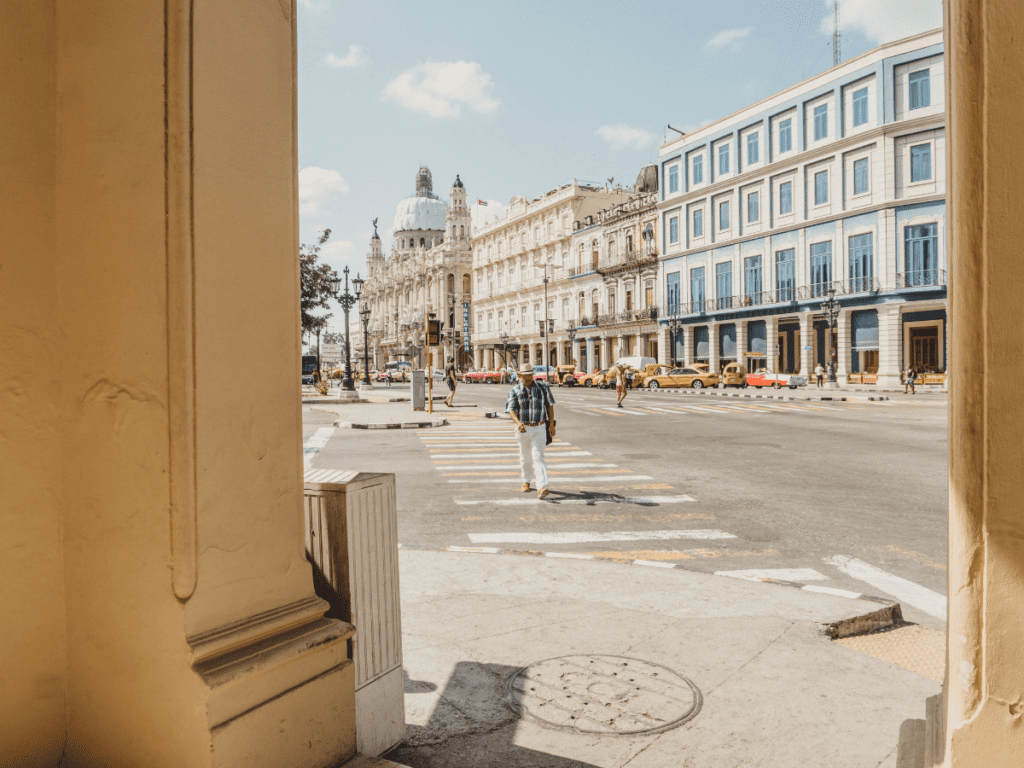
This post contains affiliate links that may reward me monetarily or otherwise when you use them to make qualifying purchases – at no cost to you. As an Amazon Associate, I earn from qualifying purchases. For more information, please read our disclosure policy .
Cuba at a Glance
Who can travel to cuba.
Everyone can travel to Cuba! – even U.S. citizens or citizens of other countries traveling through the United States. U.S. citizens are required by the United States government to only spend money at private businesses (rather than government-run establishments) while there – which is quite easy to do.
Read More: Ultimate Guide to Travel to Cuba from the United States
Cuba uses the Cuban peso , valued at 24 pesos to $1 USD . However, since 2021 Cuba has been experiencing high inflation, and the official exchange rate is much lower than the one you’ll find if you exchange your money with a moneychanger.
Read More: Currency in Cuba: Ultimate Guide to Changing and Using the Cuban Peso
Spanish is the only language spoken in Cuba, with English occasionally spoken in the tourism industry . Download Google Translate before your trip to help. Check out our guide to the apps you’ll need for travel in Cuba for more recommendations.
Cuba is known for being an extremely safe country , much safer than most other places in Latin America or the Caribbean.
Take precautions that would generally when traveling – don’t be excessively flashy with jewelry, hold on to your stuff well in crowded areas, etc. You can find more Tips for Visiting Cuba like these from a fellow traveler here.
Electricity
Some areas of Cuba use 110V electricity while others use 220V electricity , and you’ll find a mix of plug types in different places around the island. We recommend bringing along a universal travel adapter and electrical converter so you can use your devices while there.
Internet in Cuba isn’t everywhere yet, but it is generally easy to access , although slower than you may be used to. We wrote a complete guide to using the internet in Cuba with all the details.
We recommend using a VPN (Virtual Private Network) when using the internet in Cuba. Check out our complete guide to using a VPN in Cuba for more details.
Required Insurance for Travelers
Cuba requires that all travelers show proof of travel insurance coverage upon arrival. We recommend Visitors Coverage for American and Canadian citizens and World Nomads for those of other nationalities.
Read More : Ultimate Guide to Cuba’s Travel Insurance Requirements
Our Most Popular Cuba Guides
- How to Legally Travel to Cuba from the United States (It’s Easy!)
- Ultimate Guide to Havana, Cuba
- Ultimate Guide to Varadero Beach, Cuba
- How to Get the Tourist Visa to Cuba
- Cuba’s Required Travel Insurance: What You Need and How to Get It
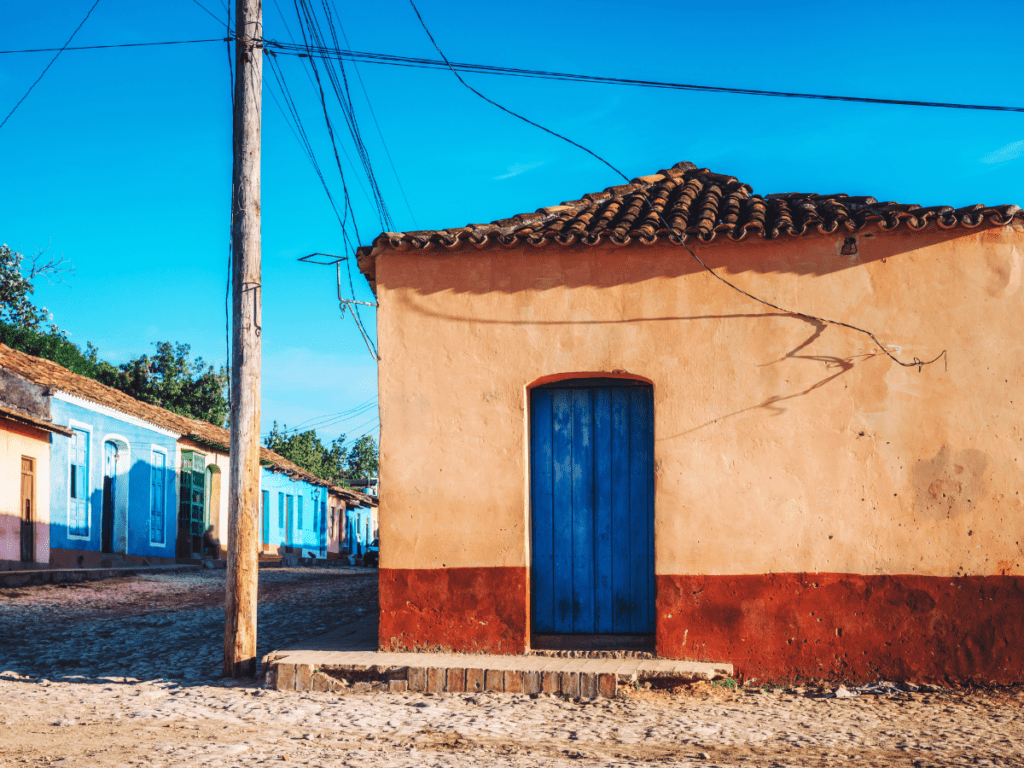
Weather in Cuba
A tropical country, Cuba has two seasons: the wet season and the dry season . The heat will generally dip slightly in the winter months (November through April) , but not much.
While the dry season generally attracts more tourists, the weather is perfect for a visit. May is a good time to visit as well, with the weather still nice and fewer tourists.
Dry Season: November – April
Wet Season: May – October
Don’t forget, Cuba occasionally experiences hurricanes . Peak hurricane season is from mid-August through mid-October.
Peak Tourist Season
Peak tourist season in Cuba lasts from early December through the end of March. Peak tourist season generally starts with a huge spike around the holiday season , when many Cubans living abroad come home to visit family.
Visiting around Christmas and New Year is when I’ve seen the greatest price increase in the price of flights and accommodations across the island – try to avoid these weeks if you can.
Best Things to Do in Cuba
Visit havana.
The craziest and most beautiful city in the world in our most humble opinion, Havana is like no other place on the planet.
Many say it’s stuck in the 1950s, but they couldn’t be more wrong – Havana holds on to its history beautifully while moving forward in a wholly modern way that will leave you enchanted.
Some of the best things to do in the city include exploring Old Havana , taking in the view over the city at the Cristo de la Habana , and ending the night with a drink and a show at the Fábrica de Arte Cubano .
Planning A Trip to Havana?
Check out our travel guides for insider information:
- Ultimate Travel Guide to Havana, Cuba
- Where to Stay in Havana
- The Best Airbnbs and Casa Particular Rentals in Old Havana
- The Best Airbnbs and Casa Particular Rentals in Vedado
- The Best Cafes in Havana and The Best Brunch in Havana
Visit Cuba’s Beaches
Cuba is known for having some of the world’s most beautiful beaches. Not only that, but many of them are as close to virgin, untouched beaches as you can still find in the Caribbean, which makes for an unmatched experience.
Check out our guide to the Top 10 Best Cuban Beaches to help you choose which to add to your itinerary.
The Beaches of Holguin
The province of Holguin is home to some of Cuba’s best beaches – Guardalavaca, Playa Pesquero, and Playa Esmeralda. Check out our ultimate guide to Holguin, Cuba for more details.
Varadero is the best-known beach in Cuba due to its proximity to Havana – it’s the perfect getaway from Havana for those looking to spend time in both the city and at the beach. If you’re picturing crystal clear waters and white sand , you’re thinking of Varadero.
While Varadero has a built-up infrastructure so you’ll have everything you’d want at your fingertips, there are also areas of Varadero where you can still get a slice of the beach all to yourself.
Read More: Ultimate Guide to Varadero, Cuba
Cayo Coco and Cayo Guillermo
This incredible pair of ‘cayos’ aka ‘keys’ located on the north shore of Cuba are served by their own international airport and have about a dozen large international hotel chains between them.
They’re some of the most underrated islands in the Caribbean .
If you’re looking for an all-inclusive beach experience, I recommend checking out these two keys and some of the incredible hotels they have to offer. The beaches here are truly pristine – some of the best beaches in Cuba .
Playa Ancón – Trinidad, Cuba
Playa Ancon is known as one of the most beautiful beaches on the southern part of the island, and is close to Trinidad, Cuba , an absolute colonial gem of a city that will take your breath away.
If you’re looking to get outside of Havana and Varadero track, which most travelers visit, we definitely recommend considering Trinidad and Playa Ancon!
Ride in A Classic American Car
The cars in Cuba are absolutely enchanting. While they’ve been kept on the road mostly out of necessity, it makes for a car-lover’s dream to see city streets packed with them.
A ride in a vintage convertible along Havana’s famous Malecón sea wall is a must while in Cuba.
Visit A Tobacco Farm in Viñales
Get up close and personal with one of Cuba’s most famous exports in Viñales , at the heart of the best tobacco-growing region in the country.
Here you can travel by horseback to beautiful tobacco farms where you’ll learn about how tobacco is grown, dried, and formed into world-famous cigars.
Viñales is also one of the most beautiful places in Cuba – this stunning valley is a UNESCO World Heritage Center . It’s an unforgettable way to see a stunning area of the country while this excursion!
What to Pack for Cuba
Check out our Ultimate Cuba Packing List to help you pack for your trip – we’re sharing exactly what to bring to Cuba and what we never travel without.
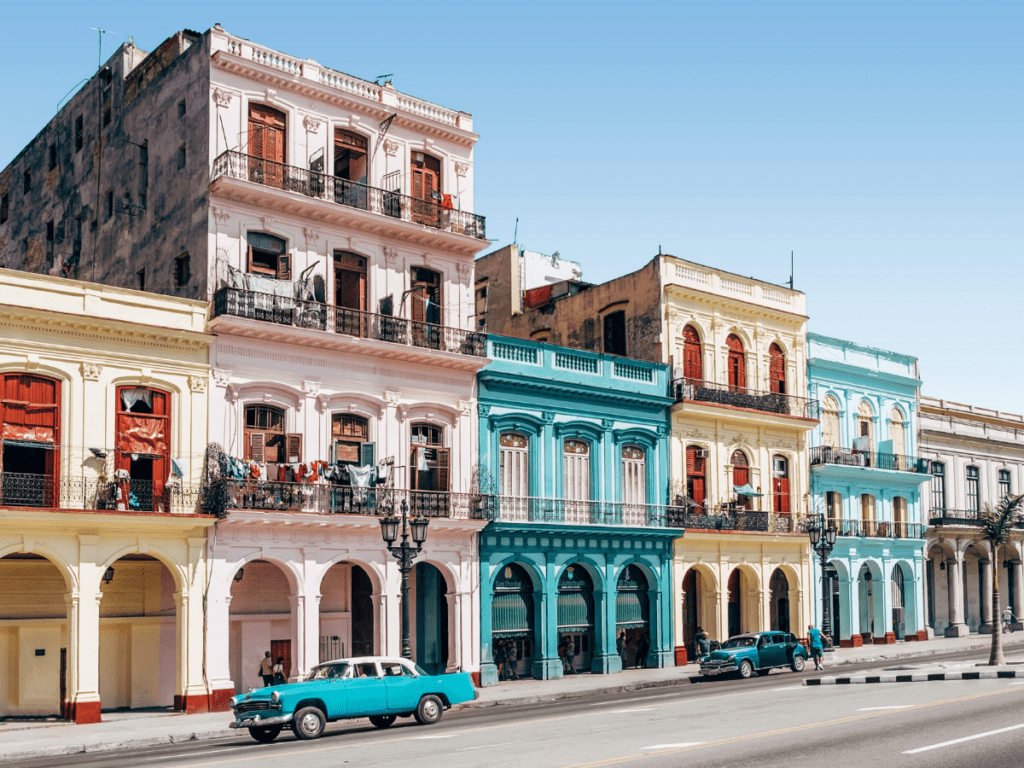
Learn About the Cuban Revolution
Cuba is so much more than the Cuban Revolution! The evidence of the revolution is everywhere, certainly, but there is so much more you’ll see and learn here as you meet the people, try the food, and see the art here in Cuba.
Make sure to visit these sites if you’re interested in learning more about the Cuban Revolution:
- Plaza de la Revolución in Havana
- Comandancia de la Plata in the Sierra Maestra mountains , the mountain base where Fidel and his band of revolutionaries launched their attacks
- Museo de la Revolución , a former presidential palace converted into the Museum of the Revolution in Havana. You’ll find American tanks captured in the attack on the Bay of Pigs behind the museum.
Learning more about the Revolution can be absolutely fascinating for visitors, and a great way to understand more of what you’re seeing and experiencing.
Make sure to check out this free walking tour in Havana focused on the Revolution as a fantastic way to learn more about what you’ll see in Cuba!
Want to learn more?
We made a list of a few books to read and movies to watch to inspire your travel and help you learn more about Cuba, past and present. Check them out before you go to learn more about the Cuban Revolution and much more.
- Books to Read Before You Travel to Cuba
- Movies to Watch Before You Travel to Cuba
Top Activities in Cuba
This list doesn’t even scratch the surface of what Cuba has to offer.
Make sure to check out our complete guide to the best travel experiences and activities in Cuba – totally travel-restriction compliant for travelers from the United States!
Where To Stay in Cuba
Casa particularles.
Casas Particulares – or, guest houses – are a fantastic option for staying in Cuba. You can find an amazing selection of rentals of all kinds, from luxury beach houses to staying with a family in a spare bedroom or renting a simple city apartment.
Not only do rentals usually get you a lot more for your money, but you’re supporting small business in Cuba and you’ll get a much richer cultural experience.
We’ve always had the best luck searching with, ironically, Hotels.com .
Despite their name, Hotels.com actually has a great selection of guest houses, private apartments, and Airbnbs for rent – with the best selection for Cuba!
Casa Particular Guides:
- Best Casas Particulares in Old Havana
- Best Casas Particulares in Vedado, Havana
- Best Casas Particulares in Viñales, Cuba
- Best Casas Particulares in Holguin, Cuba
Airbnb is one of the most popular platforms for finding rentals, but plenty of others exist as well and many people rent their listings across multiple platforms.
While we always recommend staying in a casa particular over a hotel, there are more and more amazing options in Cuba these days.
There are several new luxury hotels in Havana and in Cuba’s beach towns, but I recommend the boutique hotels like this one which can be just as luxurious and offer a more personalized stay.
All-Inclusive Resorts
There are many all inclusive resorts in Cuba, especially from companies like Iberostar and Melia , and they’re especially lovely ones located in Varadero and the Cayos – the Keys – on the northern coast of Cuba.
Cuba Accommodation Guides
- Where to Stay in Viñales, Cuba
- Where to Stay in Holguin, Cuba
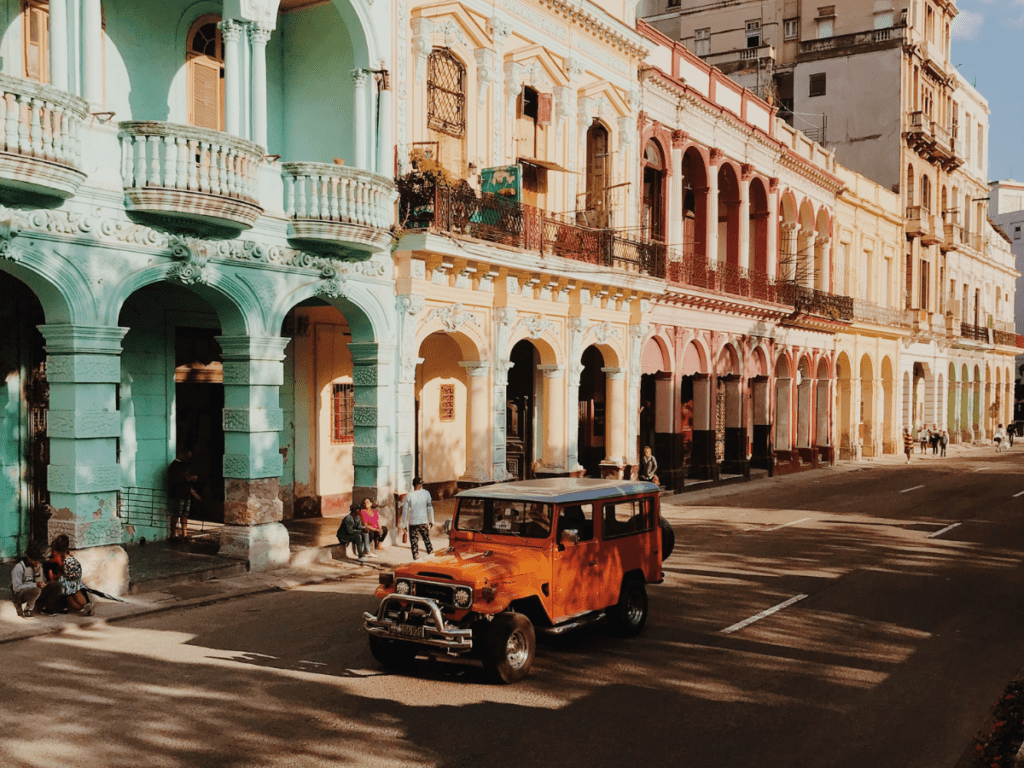
Cuba can be a tough place to pack for – you’ll probably be combining time in the city, on the beach, or in the countryside.
Plus, there are a lot of things you just WON’T be able to find in Cuba no matter how hard you look, meaning you need to plan ahead!
We created an ultimate packing list for Cuba – so make sure to click through to this list to see all of our recommendations for packing (for men and women), plus important travel essentials!
Cuba Travel Essentials
- CASH – if you’re a U.S. citizen, you won’t have access to debit or credit cards while in Cuba . Check out our guide to traveling with cash in Cuba for more details.
- SteriPen – purify water from any source so you won’t get sick!
- Water Bottle (with water filter!)
- S-Biner locks for backpacks and purses while out and about
- Luggage locks
- Comfortable and lightweight basics – I love Los Angeles Apparel clothes for travel, especially to Cuba. These high-quality basics are perfect for layering, and mixing and matching for traveling light (PLUS they’re ethically produced in the United States).
- Go Toobs are the BEST for bringing toiletries.
- Make a mini first-aid kit with a few bandaids, aspirin, triple antibiotic, and alka seltzer just in case!
- Reef-safe sunscreen
- Light clothing that will keep you cool in the sun
- Comfortable shoes – get ready for a lot of cobblestones and uneven sidewalks
- Feminine Hygiene Products- I have NEVER been able to find tampons in Cuba – and the period products I have had to purchase there are incomparably bad. Absolutely come prepared, ladies!
- A electrical plug adapter and converter
- A tablet (we love the Amazon Fire !) pre-download some audiobooks and any TV shows or movies you’ll want to watch while you’re in Cuba… internet speeds in Cuba will make downloads slower than you’re used to or impossible.
- A spare memory card for your camera – also something that can be extremely challenging to find in Cuba!
- NordVPN or another Virtual Private Network service . Not a physical product, but something you shouldn’t travel without! Check out our guide to using a VPN in Cuba , and our guide to using a VPN for international travel .

Carley Rojas Avila
Carley Rojas Avila is a bilingual travel writer, editor, content marketer, and the founder of the digital travel publications Home to Havana and Explorers Away. She is a serial expat and traveler, having visited 40+ countries and counting. Carley has written for publications like Travel + Leisure, MSN, Associated Press, Weather Channel, Wealth of Geeks, and more. Find her front row at a Bad Bunny concert, befriending street cats, and taste-testing every pizza in Havana.
A millennial Lyft driver who used the gig to explore all 50 states explains his strategies for maximizing earnings and tips
- Kreskin J. Torres, a Lyft driver, has traveled across all 50 states, documenting his dining experiences.
- Torres is working on a book, an app called Rideshare Foodies, and is organizing a national potluck.
- He said gig driving is just temporary and has helped him achieve his larger goals.

Kreskin J. Torres, 35, has eaten his way through all 50 states — including Alaska and Hawaii. His ticket to doing so? Driving for Uber and Lyft .
The Army veteran and Baltimore native has documented his dining on his blog Rideshare Foodie . After seven years, he's learned the most profitable times of day to drive, the best locations to find riders in each city and the optimal strategies for maximizing tips .
"You just got to work smarter, not harder," Torres said. "From my experience, I've been in every state, so I know how every city works now."
At the same time, he's been able to pursue his foodie passions. Torres is now working on a book called "Taste of the States," his recommendations app called Rideshare Foodies, and planning a series of events to honor dishes from various states and their history.
While driving for ride-hailing services like Uber and Lyft can be a flexible way to earn money for people like Torres who have more than one hustle, it can also be a recipe for burnout. Among the dozens of drivers Business Insider has spoken with over the past few months, many are already dreaming of what's next — starting a business or finding new modes of employment .
And that's Torres' main career advice for those considering it. After all, he's not planning to do the job forever, as he hopes to transition away, though it helped him jump-start new paths for his future.
"Do not make this the end all be all," Torres said, noting how Uber and Lyft have threatened to pull out of Minneapolis. "When it started, it was advertised as a gig, a side hustle."
Traveling the country as a gig driver
As a veteran, he said this job has been relatively stress-free and helpful for not feeling lonely, a similar sentiment he's heard from veterans with PTSD.
"I enjoy meeting and connecting with different people and getting to see different places," Torres said.
He decided to spend his next few years on the road using driving to fund his adventures and to meet locals who could point him to the best restaurants and experiences.
"The great thing is you get to learn about different cities and how everything operates," Torres said.
Related stories
He moved to San Antonio , though he works mainly around the more-profitable Austin area, and has explored the South and Southeast.
While he doesn't make much money from his blog, he said driving has allowed him to try everything from Navajo tacos in Arizona to biscuits in chocolate gravy in Arkansas to huckleberry swirls in Montana. Driving has led him to some of his favorite restaurants like I693 Red Zone Grill in Jackson, Mississippi; Strawberry's BBQ in Holcomb, Missouri; and Rice & Roll by Xing Xing in Wichita.
Learning the most profitable places and times to drive
Torres noticed he would get more profitable rides driving around suburbs, airports, and sports stadiums, locations coveted by drivers as they get more tips and sometimes elevated fares.
He learned New Year's will always be profitable , though rides slow down around February before picking up in mid-March. It's led him to be more methodical about the types of rides to take, as well as planning when to save more of his earnings and when to splurge a little on food and travel.
"After seven years, I'm a lot more experienced. It depends on the time of the season, so I usually can do a lot more business in college towns," Torres said. "I would visit a city, see what they're known for, a little history behind it."
Torres was making enough to comfortably travel the country, though he's always been careful since he said passengers are sometimes confused by his out-of-state license plate. He also faced a permanent deactivation from Uber last year over a dispute over the color of his car.
He doesn't have a wife or kids, nor does he have an apartment, as he mainly lives out of his car to save money. He acknowledges that growing competition on the road and lower earnings could put a greater dent in savings for people with families or permanent residences.
Torres has transitioned to driving full-time for Lyft , and he typically is online for 12 hours a day but only actively drives five to six hours in between waiting around airports.
He said he's increasingly put himself in his passengers' shoes to determine the best places and times to drive — he likely won't put in the effort to drive during rain, and he's more likely to do later trips around concert venues or bars.
To continue supporting his travels, he said he sometimes does airport rides at 3 or 4 a.m., as well as rides between 6:30 a.m. and 10 a.m. during the morning rush. He also said being online around noon is fruitful for corporate workers, while 3 p.m. is right when schools let out. He usually tries not to drive around evening rush hours but sometimes resumes later at night.
He also devotes more time to driving between Wednesday and Sunday, when rides are more frequent, whether for "whiskey Wednesdays" or Friday afternoon happy hours. This is also when he can best network with passengers and hear their stories, as he said he occasionally gets to drive famous people.
Torres said drivers should consider this a short-term opportunity while working toward long-term goals. As he eases off the app, he has his eyes set on more international travel in the coming months. He's also investing more time in his food app, a local recommendation tool that functions like a Facebook group in which people ask questions about, for example, the best bartender in the area or where to go for particular dishes. It has launched on Android and set to be released on Apple by the summer.
"The most positivity that you can get out of it, do whatever you can and get the most out of it," Torres said. "The next few months will probably be my last time doing this because I'm focusing on other things, so I always had a plan for the things I was going to do."
Are you a ride-hailing driver who's struggling to pay bills or has had recent success? Have you recently pivoted to a new career from driving? Reach out to [email protected] .
Watch: How 'Grand Theft Auto' actually works, according to a former car thief
- Main content
Advertisement
Supported by
Could Trump Go to Prison? If He Does, the Secret Service Goes, Too
Officials have had preliminary discussions about how to protect the former president in the unlikely event that he is jailed for contempt during the trial.
- Share full article

By William K. Rashbaum
The U.S. Secret Service is in the business of protecting the president, whether he’s inside the Oval Office or visiting a foreign war zone.
But protecting a former president in prison? The prospect is unprecedented. That would be the challenge if Donald J. Trump — whom the agency is required by law to protect around the clock — is convicted at his criminal trial in Manhattan and sentenced to serve time.
Even before the trial’s opening statements, the Secret Service was in some measure planning for the extraordinary possibility of a former president behind bars. Prosecutors had asked the judge in the case to remind Mr. Trump that attacks on witnesses and jurors could land him in jail even before a verdict is rendered.
(The judge, who held a hearing Tuesday morning to determine whether Mr. Trump should be held in contempt for violating a gag order, is far more likely to issue a warning or impose a fine before taking the extreme step of jailing the 77-year-old former president. It was not immediately clear when he would issue his ruling.)
Last week, as a result of the prosecution’s request, officials with federal, state and city agencies had an impromptu meeting about how to handle the situation, according to two people with knowledge of the matter.
That behind-the-scenes conversation — involving officials from the Secret Service and other relevant law enforcement agencies — focused only on how to move and protect Mr. Trump if the judge were to order him briefly jailed for contempt in a courthouse holding cell, the people said.
The far more substantial challenge — how to safely incarcerate a former president if the jury convicts him and the judge sentences him to prison rather than home confinement or probation — has yet to be addressed directly, according to some of a dozen current and former city, state and federal officials interviewed for this article.
That’s at least in part because if Mr. Trump is ultimately convicted, a drawn-out and hard-fought series of appeals, possibly all the way up to the U.S. Supreme Court, is almost a certainty. That would most likely delay any sentence for months if not longer, said several of the people, who noted that a prison sentence was unlikely.
But the daunting challenge remains. And not just for Secret Service and prison officials, who would face the logistical nightmare of safely incarcerating Mr. Trump, who is also the presumptive Republican nominee for President.
“Obviously, it’s uncharted territory,” said Martin F. Horn, who has worked at the highest levels of New York’s and Pennsylvania’s state prison agencies and served as commissioner of New York City’s correction and probation departments. “Certainly no state prison system has had to deal with this before, and no federal prison has had to either.”
Steven Cheung, the communications director for Mr. Trump’s campaign, said the case against the former president was “so spurious and so weak” that other prosecutors had refused to bring it, and called it “an unprecedented partisan witch hunt.”
“That the Democrat fever dream of incarcerating the nominee of the Republican Party has reached this level exposes their Stalinist roots and displays their utter contempt for American democracy,” he said.
Protecting Mr. Trump in a prison environment would involve keeping him separate from other inmates, as well as screening his food and other personal items, officials said. If he were to be imprisoned, a detail of agents would work 24 hours a day, seven days a week, rotating in and out of the facility, several officials said. While firearms are obviously strictly prohibited in prisons, the agents would nonetheless be armed.
Former corrections officials said there were several New York state prisons and city jails that have been closed or partly closed, leaving wings or large sections of their facilities empty and available. One of those buildings could serve to incarcerate the former president and accommodate his Secret Service protective detail
Anthony Guglielmi, the spokesman for the Secret Service in Washington, declined in a statement to discuss specific “protective operations.” But he said that federal law requires Secret Service agents to protect former presidents, adding that they use state-of-the-art technology, intelligence and tactics to do so.
Thomas J. Mailey, a spokesman for New York State’s prison agency, said his department couldn’t speculate about how it would treat someone who has not yet been sentenced, but that it has a system “to assess and provide for individuals’ medical, mental health and security needs.” Frank Dwyer, a spokesman for the New York City jails agency, said only that “the department would find appropriate housing” for the former president.
The trial in Manhattan, one of four criminal cases pending against Mr. Trump and possibly the only one that will go to a jury before the election, centers on accusations he falsified records to cover up a sex scandal involving a porn star. The former president is charged with 34 counts of felony falsifying business records. If convicted, the judge in the case, Juan M. Merchan, could sentence him to punishments ranging from probation to four years in state prison, though for a first-time offender of Mr. Trump’s age, such a term would be extreme.
If Mr. Trump is convicted, but elected president again, he could not pardon himself because the prosecution was brought by New York State.
Under normal circumstances, any sentence of one year or less, colloquially known as “city time,” would generally be served on New York City’s notorious Rikers Island, home to the Department of Correction’s seven jails. (That’s where Mr. Trump’s former chief financial officer, Allen H. Weisselberg, 76, is currently serving his second five-month sentence for crimes related to his work for his former boss.)
Any sentence of more than a year, known as state time, would generally be served in one of the 44 prisons run by New York State’s Department of Corrections and Community Supervision.
The former president could also be sentenced to a term of probation, raising the bizarre possibility of the former commander in chief reporting regularly to a civil servant at the city’s Probation Department.
He would have to follow the probation officer’s instructions and answer questions about his work and personal life until the term of probation ended. He would also be barred from associating with disreputable people, and if he committed any additional crimes, he could be jailed immediately.
Maggie Haberman contributed reporting.
William K. Rashbaum is a Times reporter covering municipal and political corruption, the courts and broader law enforcement topics in New York. More about William K. Rashbaum
Our Coverage of the Trump Hush-Money Trial
News and Analysis
Prosecutors accused Donald Trump of violating a gag order four additional times , saying that he continues to defy the judge’s directions not to attack witnesses , prosecutors and jurors in his hush-money trial.
Trump’s criminal trial in Manhattan is off to an ominous start for the former president, and it might not get any easier in the days ahead. Here’s why.
The National Enquirer was more than a friendly media outlet for Trump’s presidential campaign in 2016. It was a powerful, national political weapon that was thrust into the service of a single candidate , in violation of campaign finance law.
More on Trump’s Legal Troubles
Key Inquiries: Trump faces several investigations at both the state and the federal levels, into matters related to his business and political careers.
Case Tracker: Keep track of the developments in the criminal cases involving the former president.
What if Trump Is Convicted?: Could he go to prison ? And will any of the proceedings hinder Trump’s presidential campaign? Here is what we know , and what we don’t know .
Trump on Trial Newsletter: Sign up here to get the latest news and analysis on the cases in New York, Florida, Georgia and Washington, D.C.

IMAGES
VIDEO
COMMENTS
Not to mention obviously, there's no such thing as a rental car or public transportation in the country. Options are very limited for South Sudan, but two providers are: Mayom Metro Safari - WhatsApp +211 920 665 999, Facebook: Metro Safaris. Frederick - WhatsApp +211 921 628 654, Facebook: Fedrick Pitia.
Juba Travel Blogs, Photos from TravelBlog.org. menu continents | Sign In. Blog; control panel; logout | Log In | Sign In. Create a Travel Blog; Bloggers; Blogs; Forum; Photos; ... Latest Blog Posts from Juba. November 4th 2013 The Seed Has Been Planted by Jan Hurd Words: 593 Photos: 0; November 2nd 2013 Sharing, Not Training
Many people travel to Juba as a gateway to Mecca, which can make flights and accommodations more difficult to secure. Overall, the best time to visit Juba depends on your personal preferences and travel plans. While the dry season may be more comfortable weather-wise, the rainy season offers its own unique experiences and opportunities for ...
A meal costs about 20 pounds, a fruit juice costs 5 pounds. A full body massage done by an Ethiopian lady costs 70 pounds. At night there is live music with Ethiopia girls dancing. Contacts: VIP Hotel, Gombura Street, Juba, South Sudan Phone: (+211) 0955-203834, 0955-319085, 0929-209253.
Juba, South Sudan is not a place recommended to visit; it's in fact considered among the most dangerous. ... Kosovo Girl Travels: Kosovo's First Travel Blogger - Curls en Route. Vyola says: July 29, 2019 at 12:44. Hi this blog post was really helpful I am considering moving to Sudan with an NGO called CTG. Reply. Kosovo Girl Travels says: July ...
Juba's status as South Sudan 's capital is more an accident of history than a reflection of its strategic importance. Located in the southern state of Central Equatoria, Christian missionaries originally established the town on the site of a Bari village in 1920, during the early years of Anglo-Egyptian rule.
The plan was to stay two nights in Juba, and then to depart to my main destination in this trip: my fieldwork in Pagak, a small locality along the Sud. menu continents | Sign In. Blog; control panel ... Travel Blog » Africa » South Sudan » Juba » Blogs » 'Welcome to South Sudan', or Stranded . Tot: 0.142s; Tpl: 0.012s; cc: 5; qc: 60 ...
Africa » South Sudan » Juba October 21st 2010 THE JUBA EXPERIENCE JUBA the capital of southern Sudan is a good 728 km from Kampala, however the buzz around town makes you feel like you at home; with almost every consume-able commodity bearing the label "made in Uganda".
STEP is a free service to allow U.S. citizens and nationals traveling and living abroad to enroll their trip with the nearest U.S. Embassy or Consulate. Assistance: U.S. Embassy Juba, South Sudan. During Business Hours: +211-91-210-5188. After Business Hours: +211-91-210-5107. [email protected]. Kololo Rd, Next to E.U. Compound, Juba, South Sudan.
Travel forums for South Sudan. Discuss South Sudan travel with Tripadvisor travelers. South Sudan. South Sudan Tourism South Sudan Hotels ... Bus from kampala to juba. by Krzysztof G. 5 Mar 16, 2024. by ongadventure South Sudan South Sudan drops covid requirement. by Bao54. 0 : Feb 13, 2024 by Bao54 South Sudan Tours. by Luke Adams. 5
All Saints Cathedral is Juba's major Christian worship center and situated around Gombura and Lanya Street. Several influential people in Juba gather at this worship centre and each Sunday, there are 3 services conducted -English, Arabic and Zande. Watch wrestling. Wrestling is one of the traditional sport activities in South Sudan.
The easiest way to travel to Juba, the Capital city of South Sudan from Nairobi, the capital City of Kenya, by road is to pass through Kampala, the capital city of Uganda. There are many buses plying Nairobi-Kampala route. Most can be found along River Road or around there. Mash Poa, Simba Coach, Modern Coast, Trinity coach, Buscar, Crown bus ...
The Nile changes color here because of the clay soil. The White Nile passes through Juba offering tourists in the capital an opportunity to visit it without driving and traveling long distances. A good idea is to visit the Juba Bridge and admire the river from the top knowing that it travels through many countries.
Contact us for your Juba day trips and tours in South Sudan. Email [email protected] Call direct/WhatsApp us +256740829909. Are you planning a short stay in South Sudan capital Juba and you are trying to search online about the Juba day trips and tours.
Reissued with obsolete COVID-19 page links removed. Do not travel to South Sudan due to crime, kidnapping, and armed conflict.. Country Summary: Violent crime, such as carjackings, shootings, ambushes, assaults, robberies, and kidnappings is common throughout South Sudan, including Juba.Foreign nationals have been the victims of rape, sexual assault, armed robberies, and other violent crimes.
Most accommodation is full-board, with breakfasts, lunches and dinners 7 days a week. In Juba, hotel-land hot showers are now the luxury to seek out, rather than air conditioning, which is easy to find. 4.869074 31.538828. 1 Acacia Village, Mundri Rd, Gudele, ☏ +249 905311056.
JUBA ROYAL TRAVEL COMPANY LTD was incorporated on the 26th day of October 2016 under the 2012 Company Act of South Sudan. ... Home Our Blog. Food Blog. Latest From Food Blog. Getting around the difficulties of processing travel visas. Juba Royal Travel. Travel Tips & H... 2023-01-21. 452. While visiting a distant nation can be thrilling ...
Juba Travel Guide - View the KAYAK Juba city guide for the best Juba travel tips. To help you organise your Juba trip ideas, this Juba visitors guide provides travel information and trip tips about how to get there, where to stay, what to do, where to eat and more.
The U.S. government has limited ability to provide emergency consular services to U.S. citizens in South Sudan. U.S. government personnel in South Sudan are under a strict curfew. They must use armored vehicles for nearly all movements, and official travel outside Juba is limited. Due to the critical crime threat in Juba, walking is also ...
Call us in Washington, D.C. at 1-888-407-4747 (toll-free in the United States and Canada) or 1-202-501-4444 (from all other countries) from 8:00 a.m. to 8:00 p.m., Eastern Standard Time, Monday through Friday (except U.S. federal holidays). See the State Department's travel website for the Worldwide Caution and Travel Advisories.
Lang Travels And Tourism, Juba, Sudan. 2,326 likes · 19 talking about this. Lang Travels And Tourism is a full service travel agency base in South Sudan that provides both leisure and corporate as...
We're José and Carley Rojas Avila, a Havana native and a serial expat turned travel writer. We're the creators of Home to Havana. We love Cuba and use our insider knowledge to help fellow travelers just like you discover all Cuba has to offer. Our ULTIMATE guide to travel to Cuba helps demystify Cuba travel. Written by locals, we share the ...
JUBA ROYAL TRAVEL COMPANY LTD was incorporated on the 26th day of October 2016 under the 2012 Company Act of South Sudan. We are a wholesale Inbound & Outbound Travel Operator who has taken the time to truly understand every traveler's needs. ... Our Blog. Latest News. Getting around the difficulties of processing travel visas. Juba Royal ...
Noah Sheidlower. Apr 23, 2024, 10:06 AM PDT. Kreskin J. Torres has traveled to all 50 states thanks to Uber and Lyft driving. Kreskin J. Torres. Kreskin J. Torres, a Lyft driver, has traveled ...
April 24, 2024, 9:37 a.m. ET. The Transportation Department on Wednesday announced new rules taking aim at two of the most difficult and annoying issues in air travel: obtaining refunds and ...
The former president is charged with 34 counts of felony falsifying business records. If convicted, the judge in the case, Juan M. Merchan, could sentence him to punishments ranging from probation ...